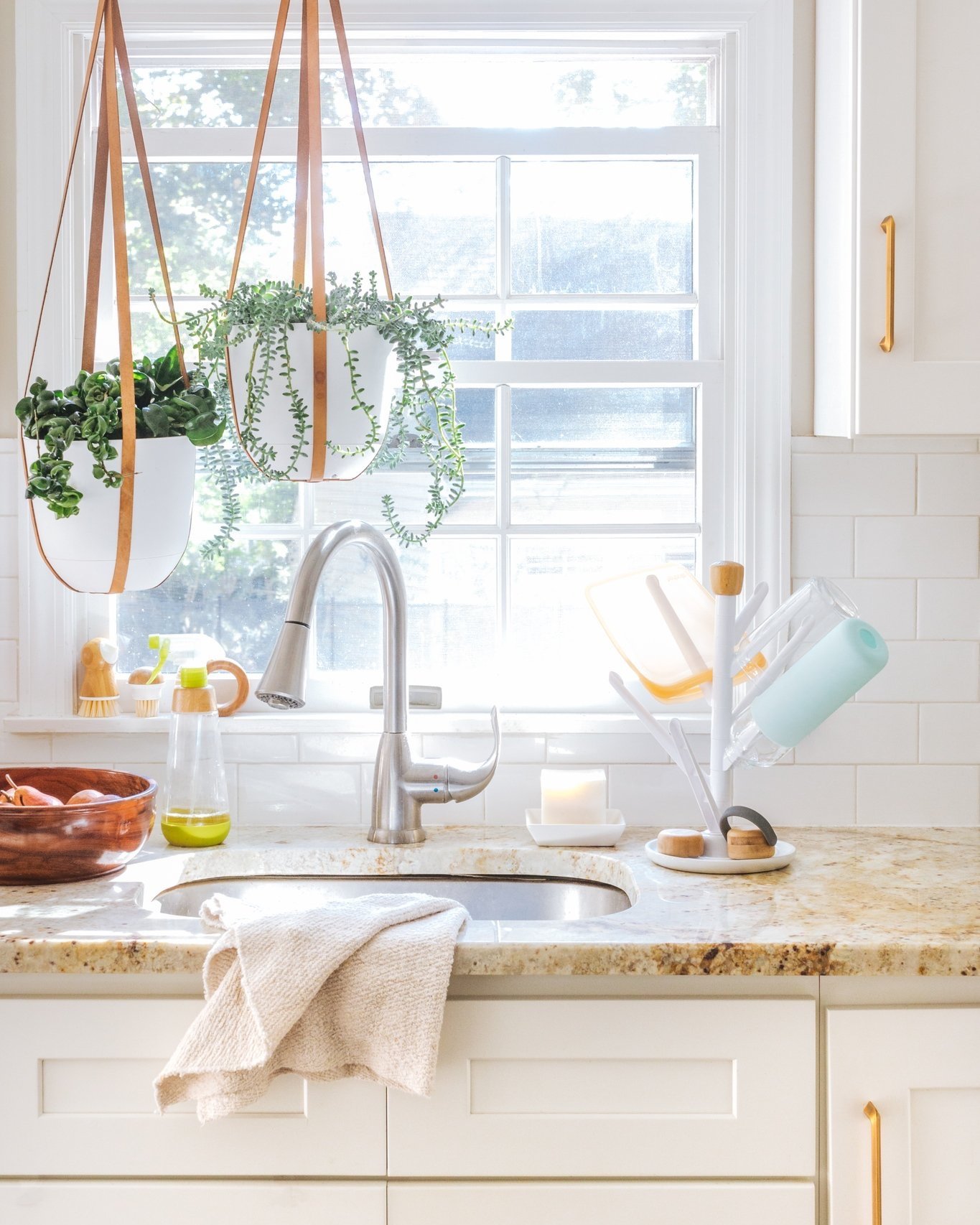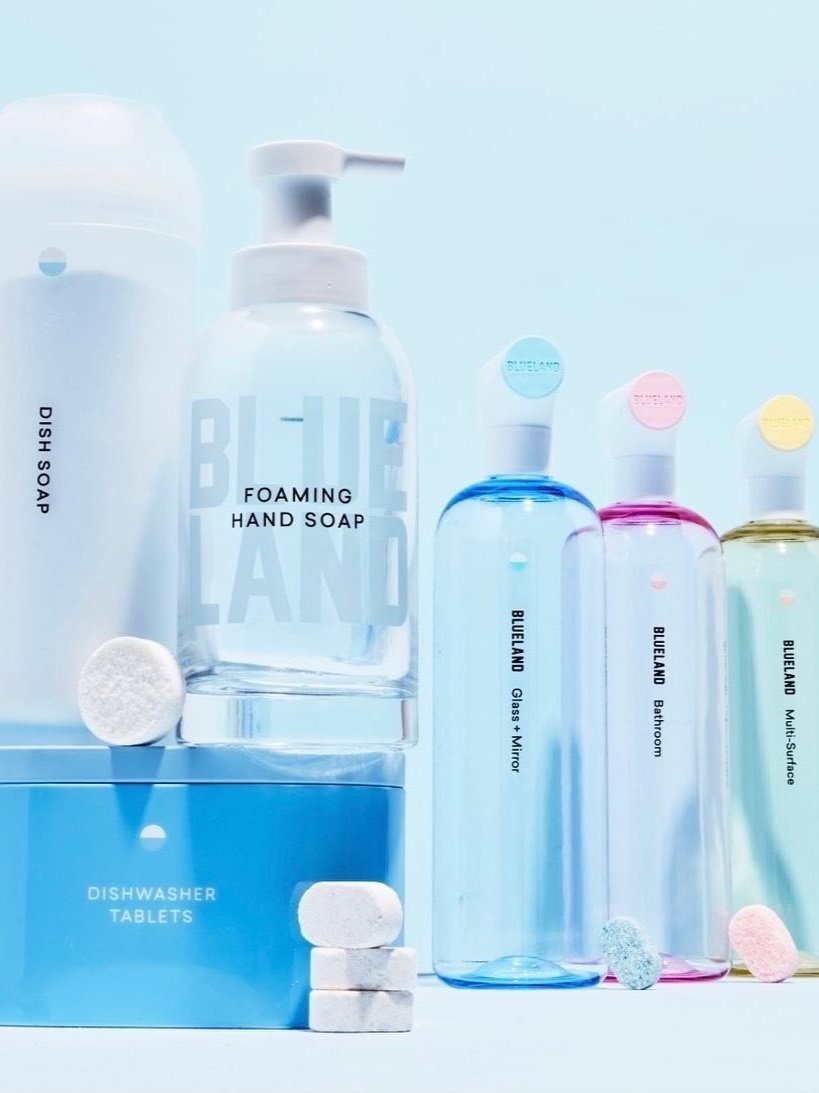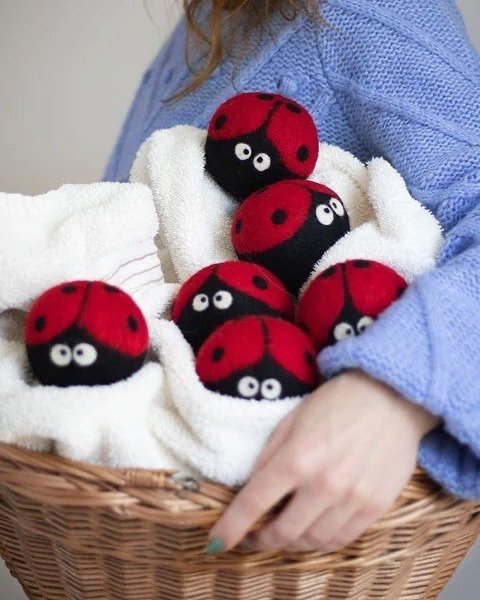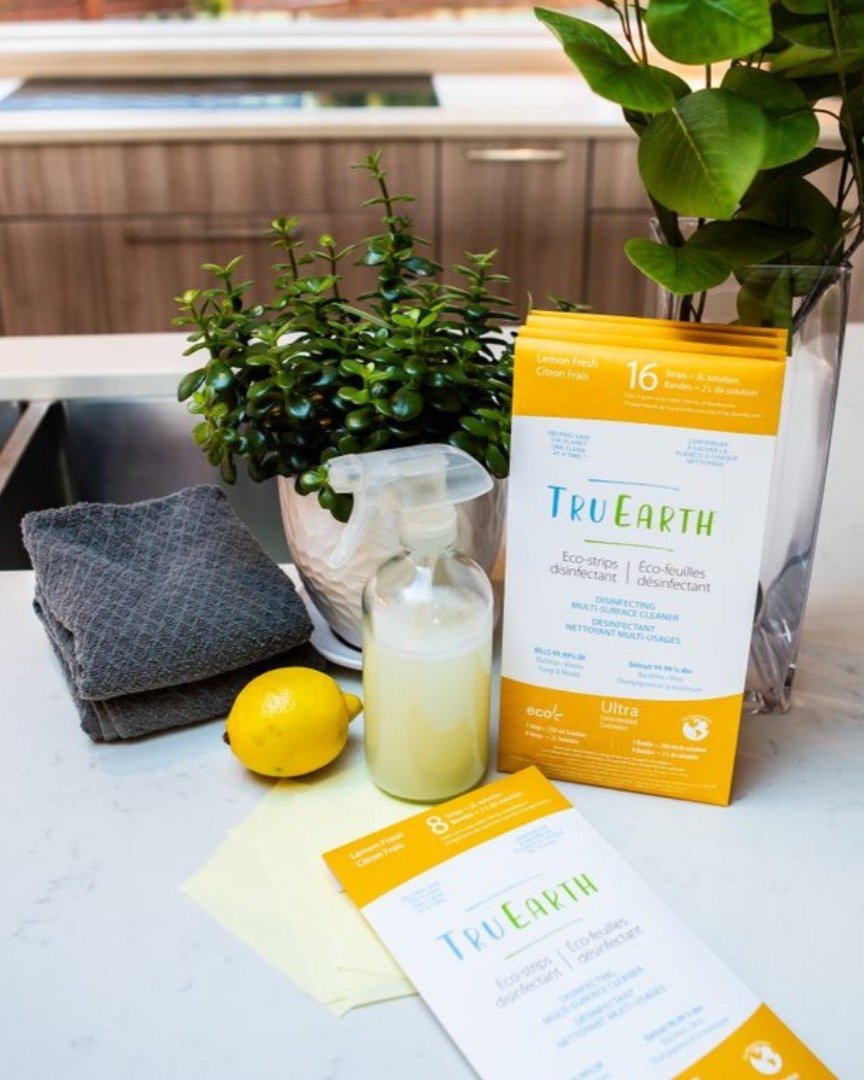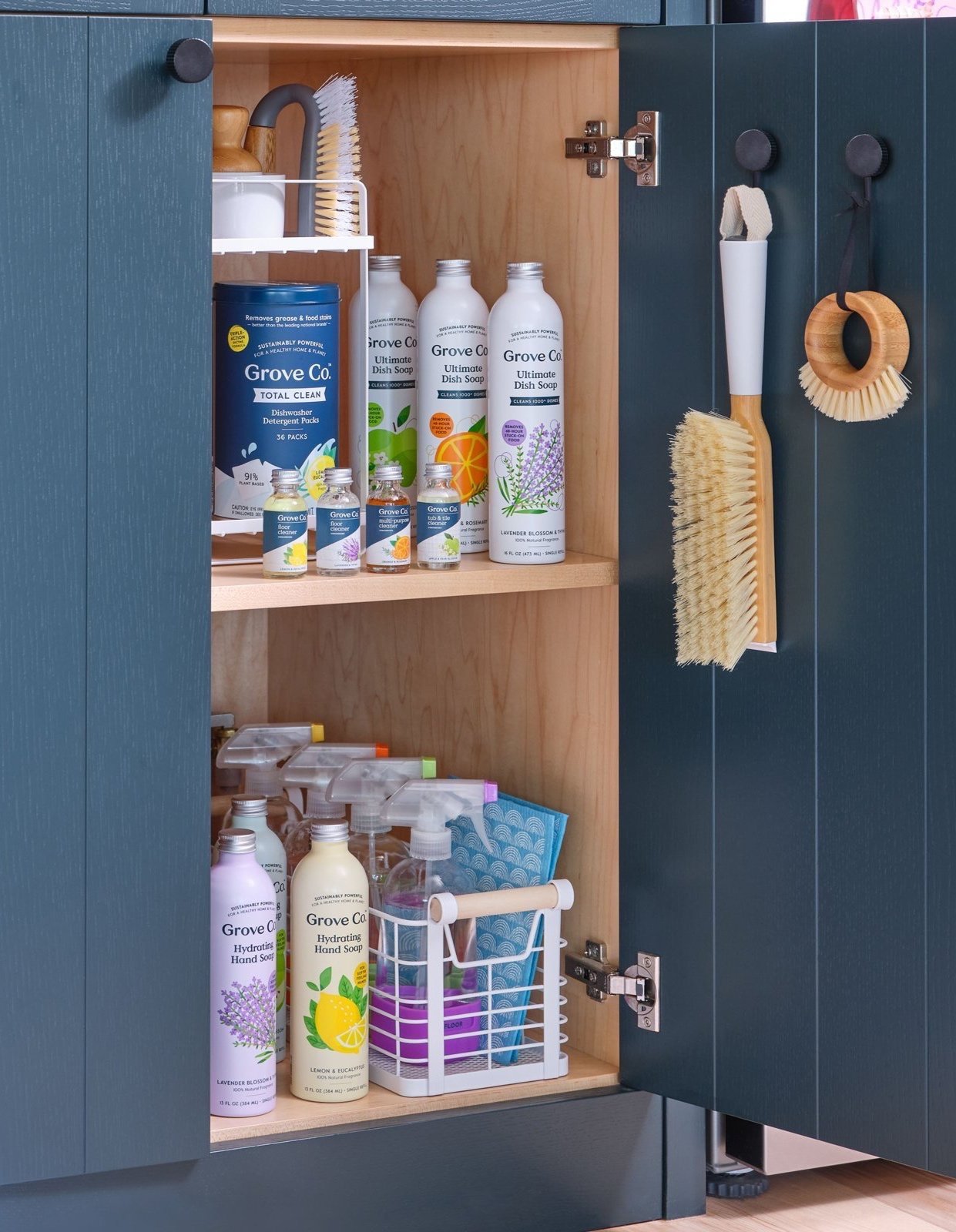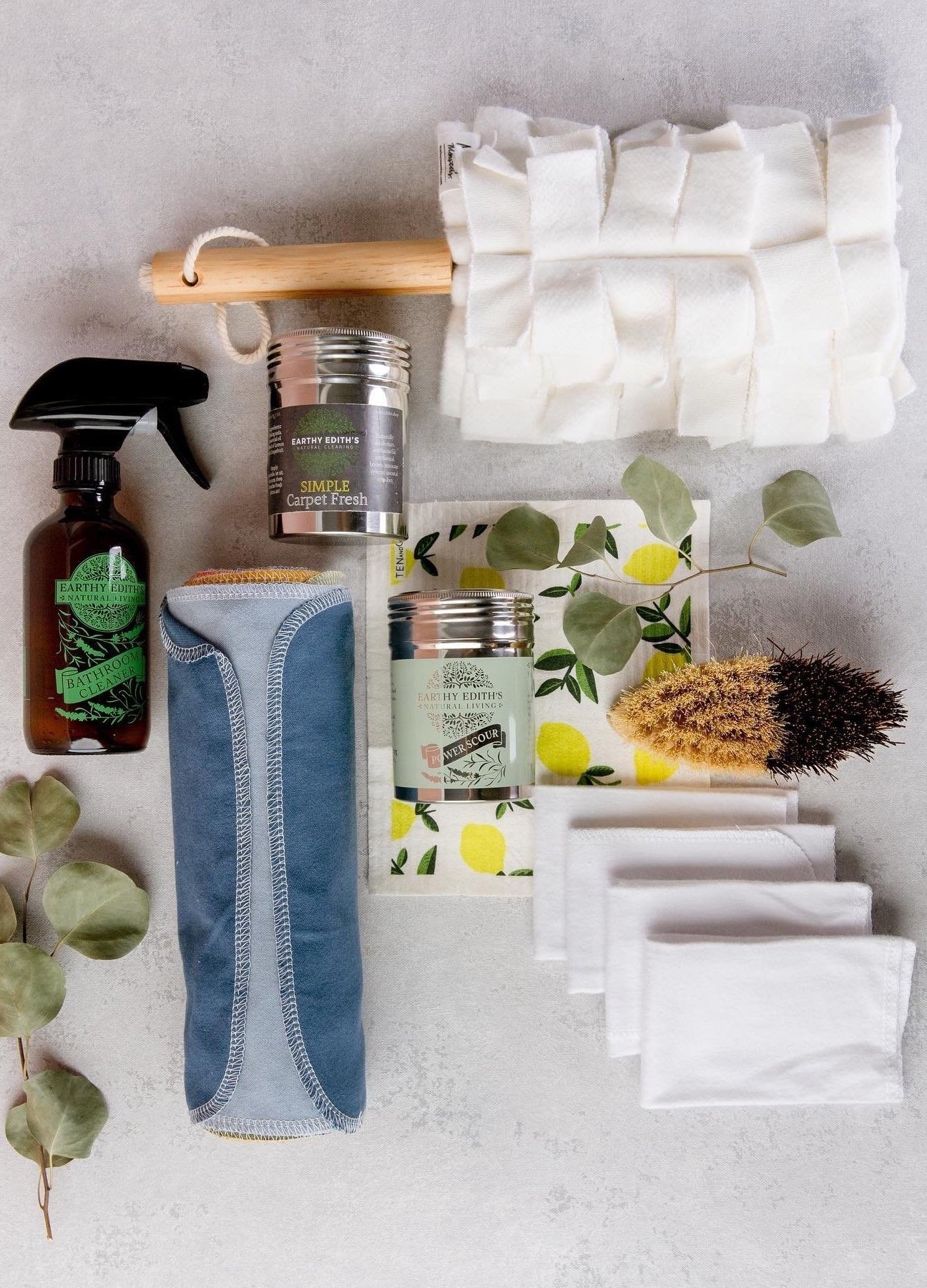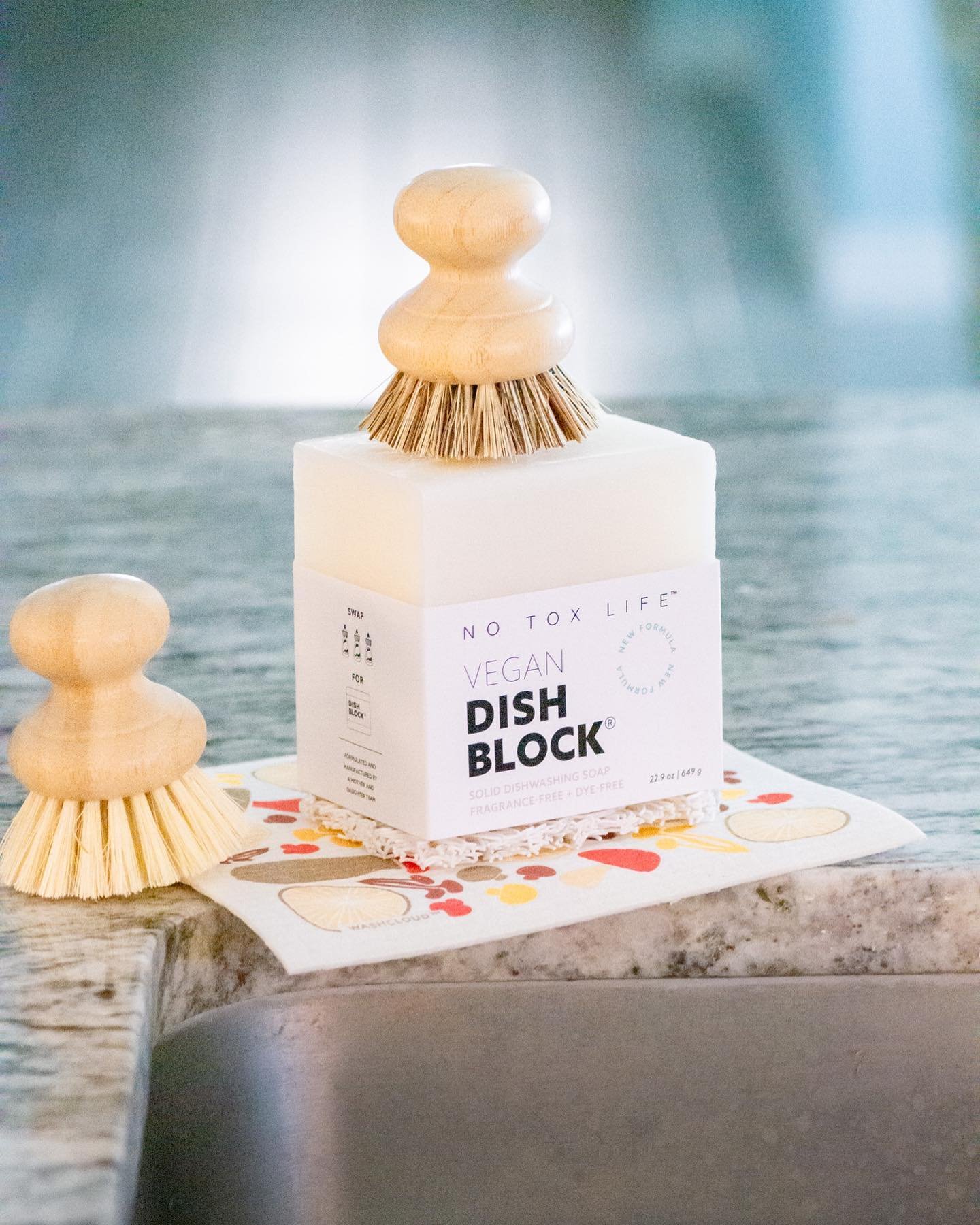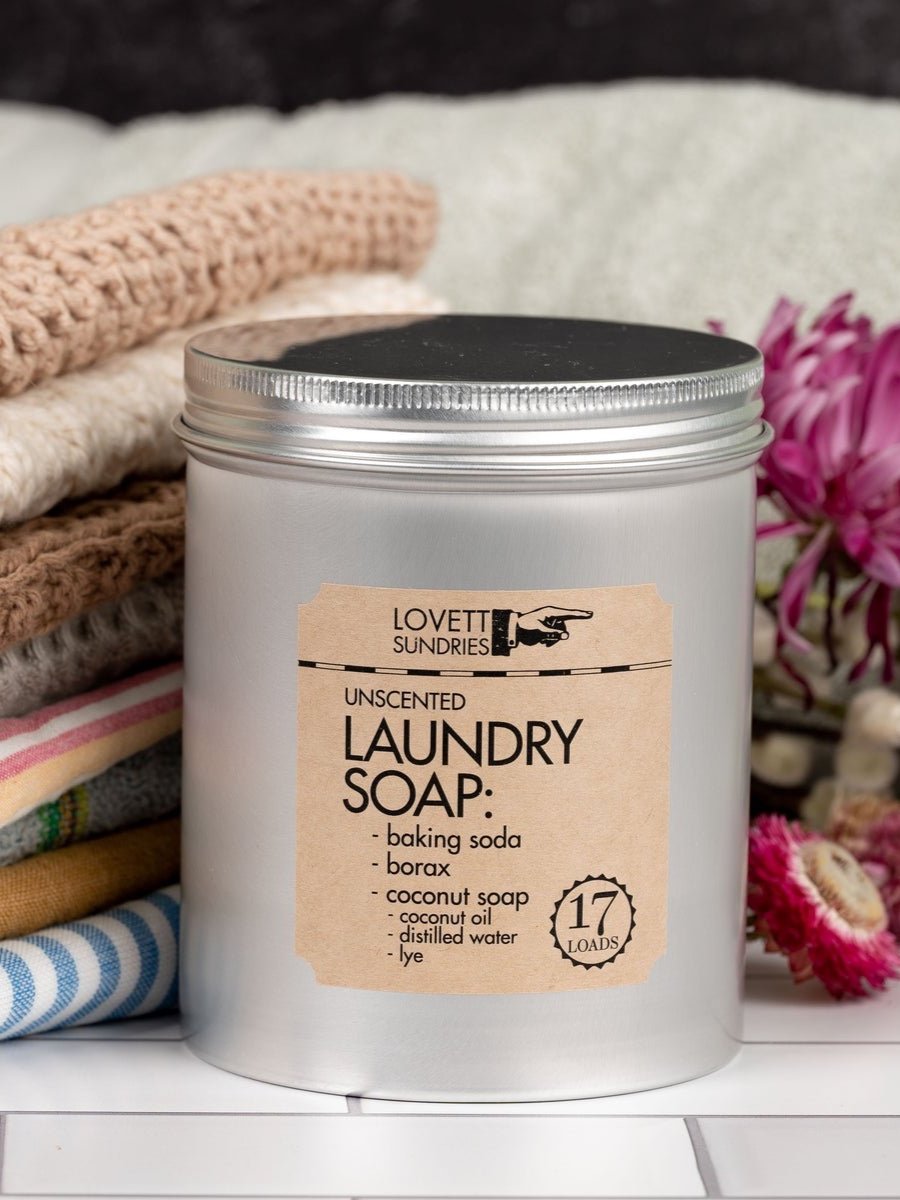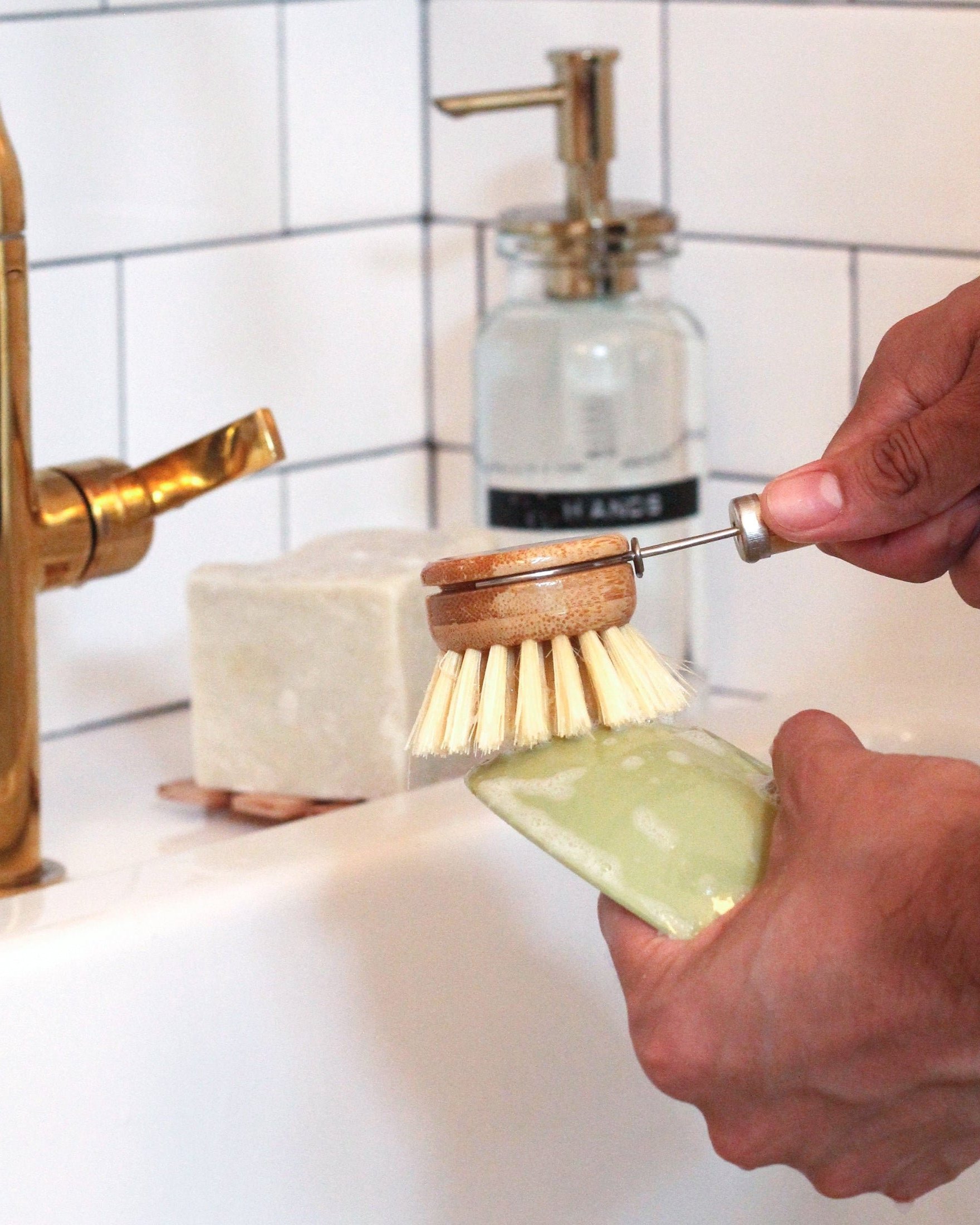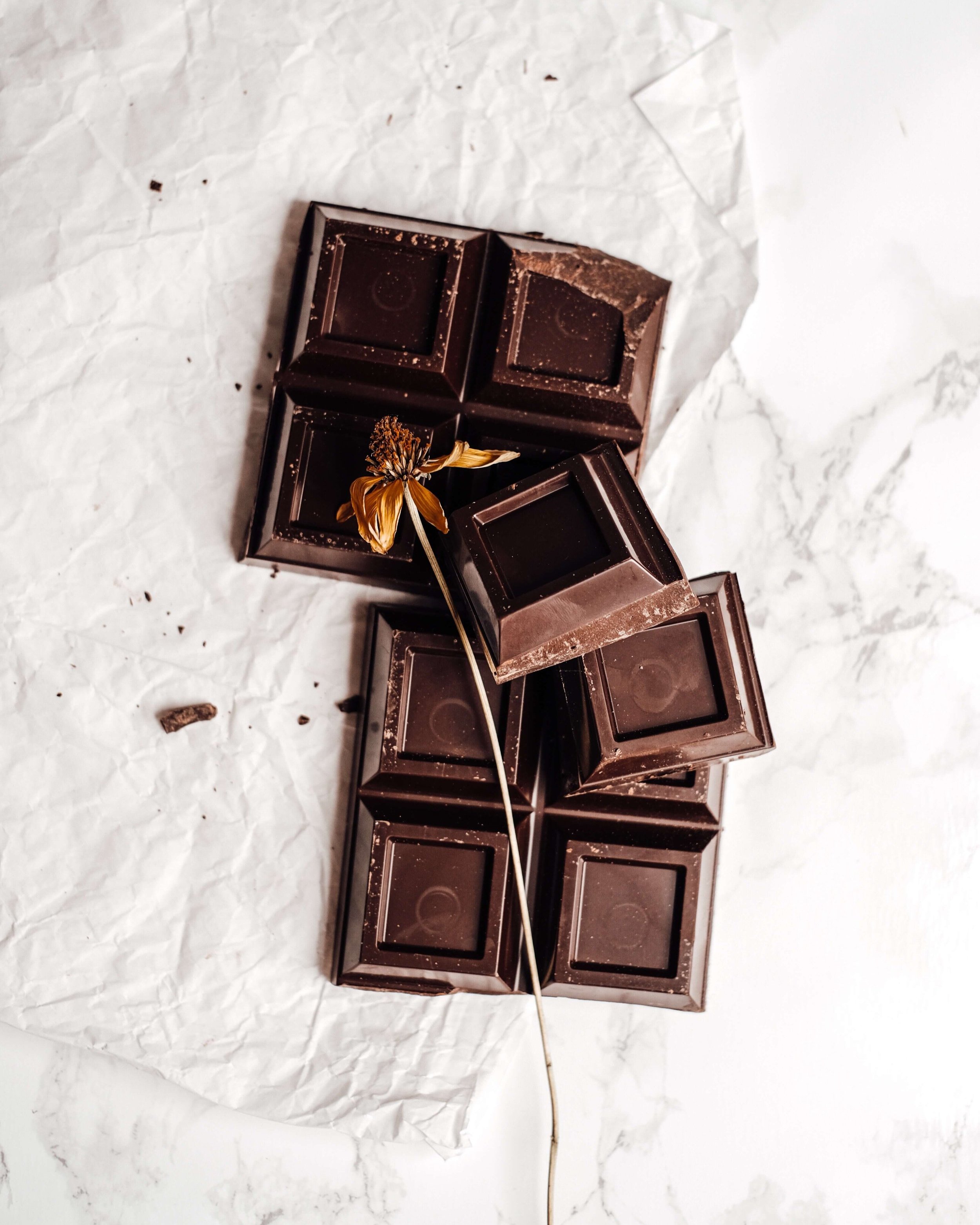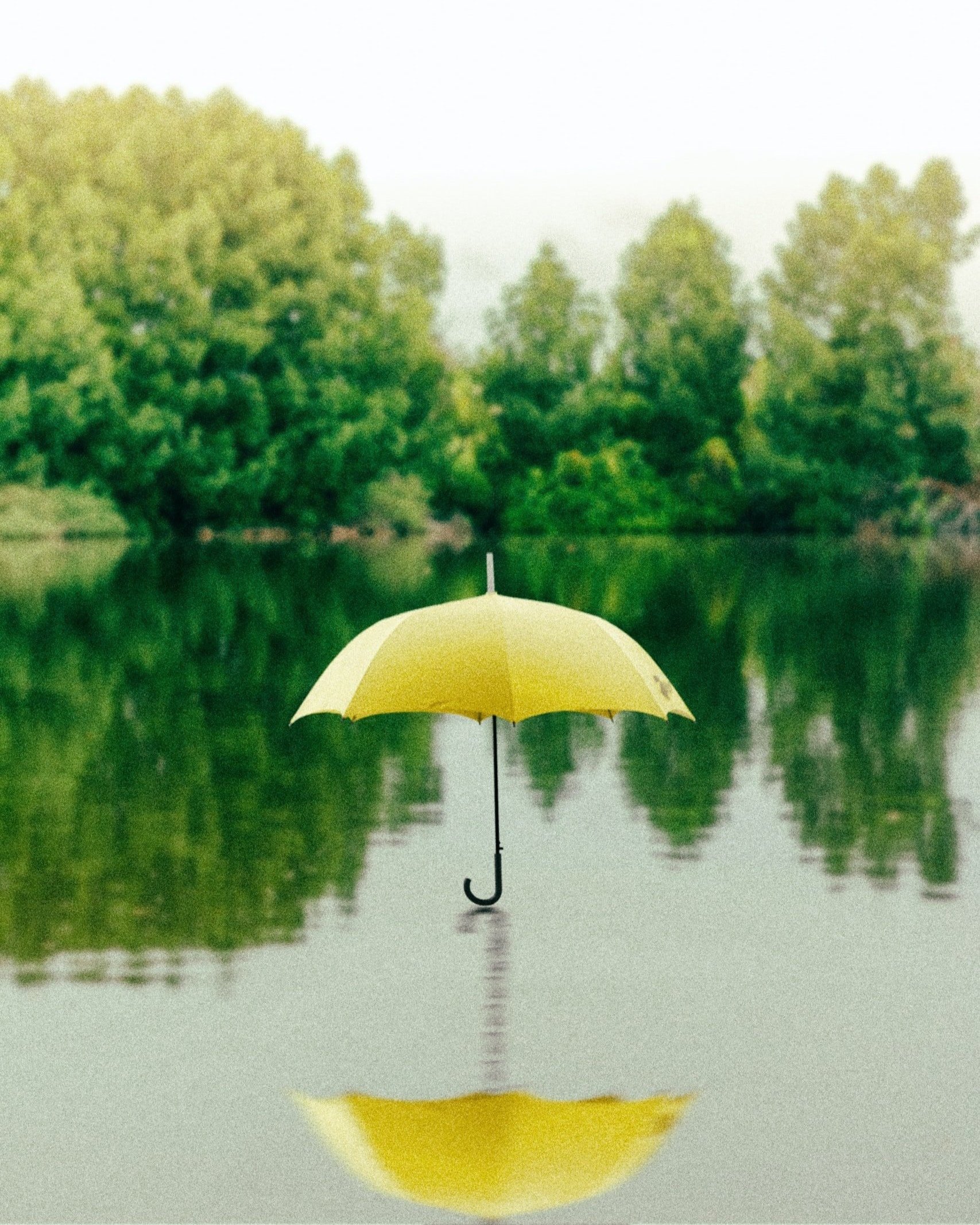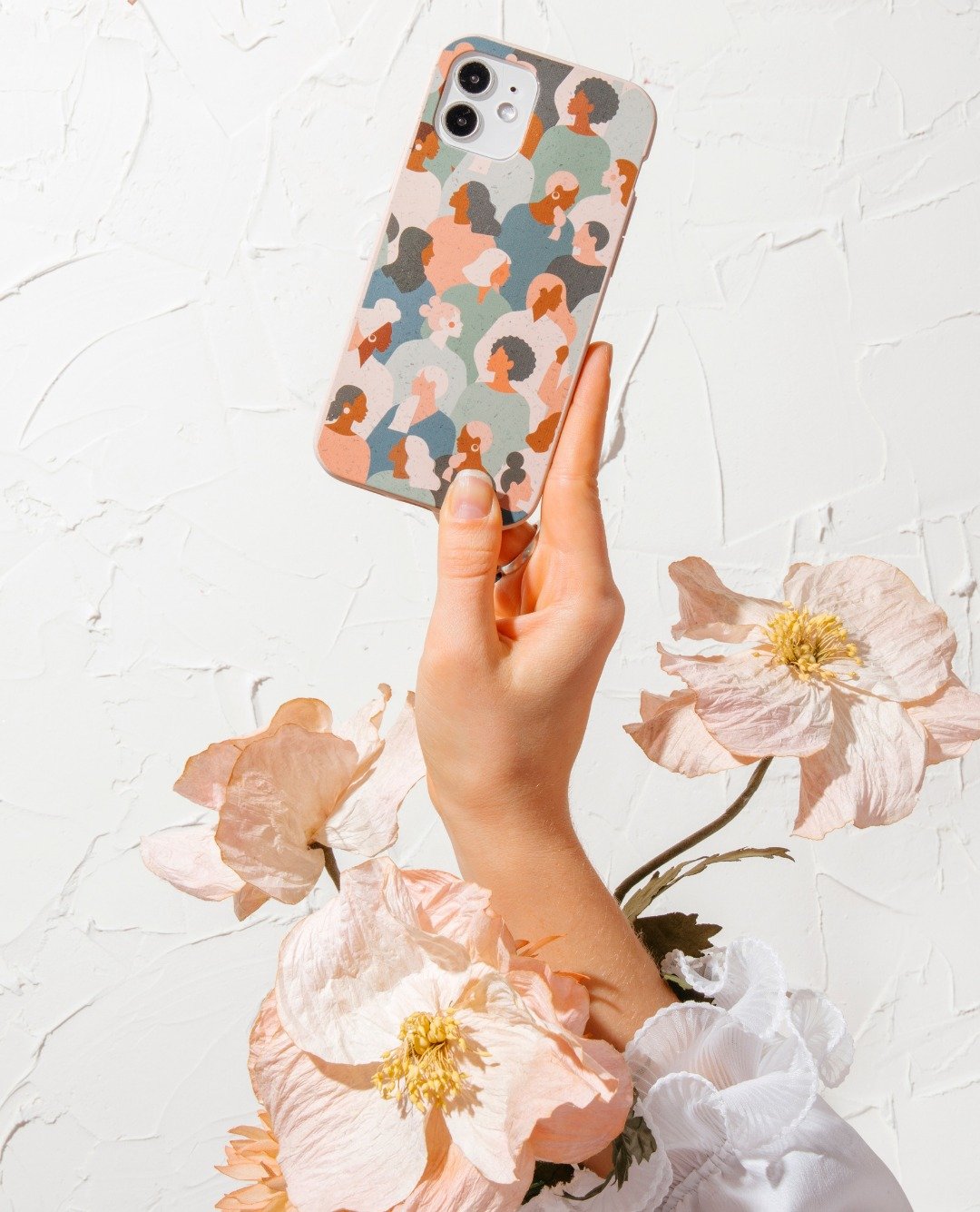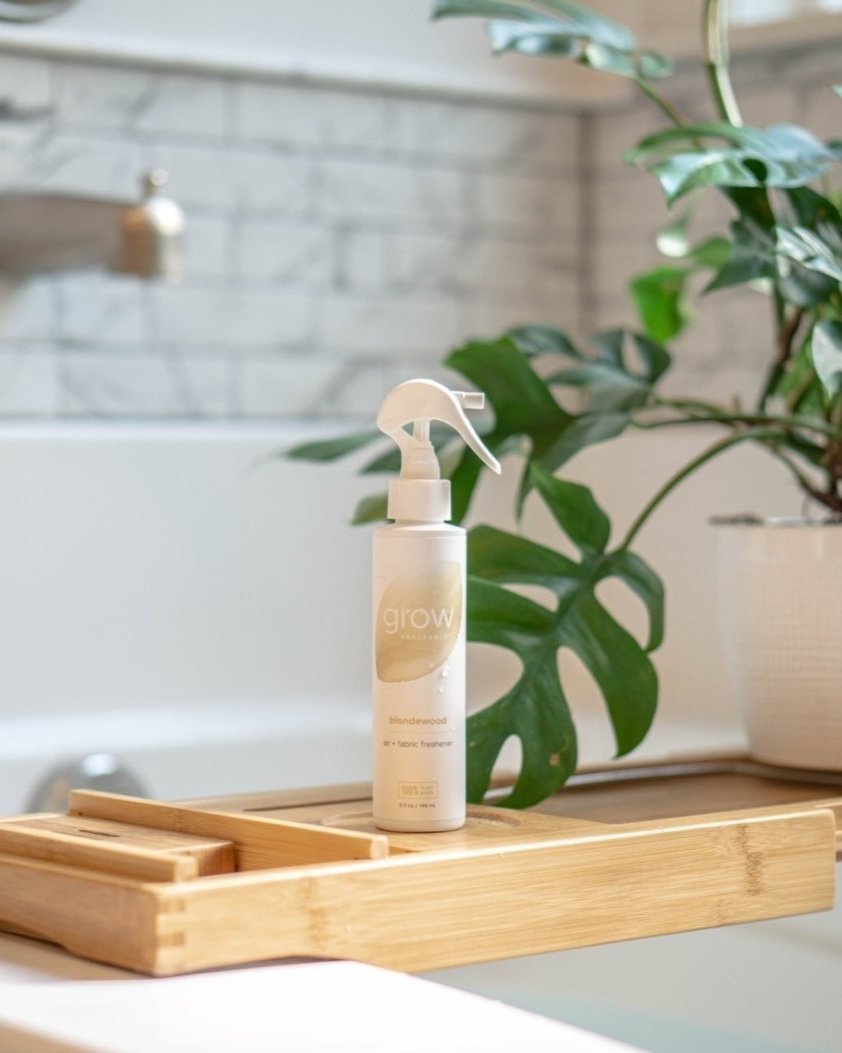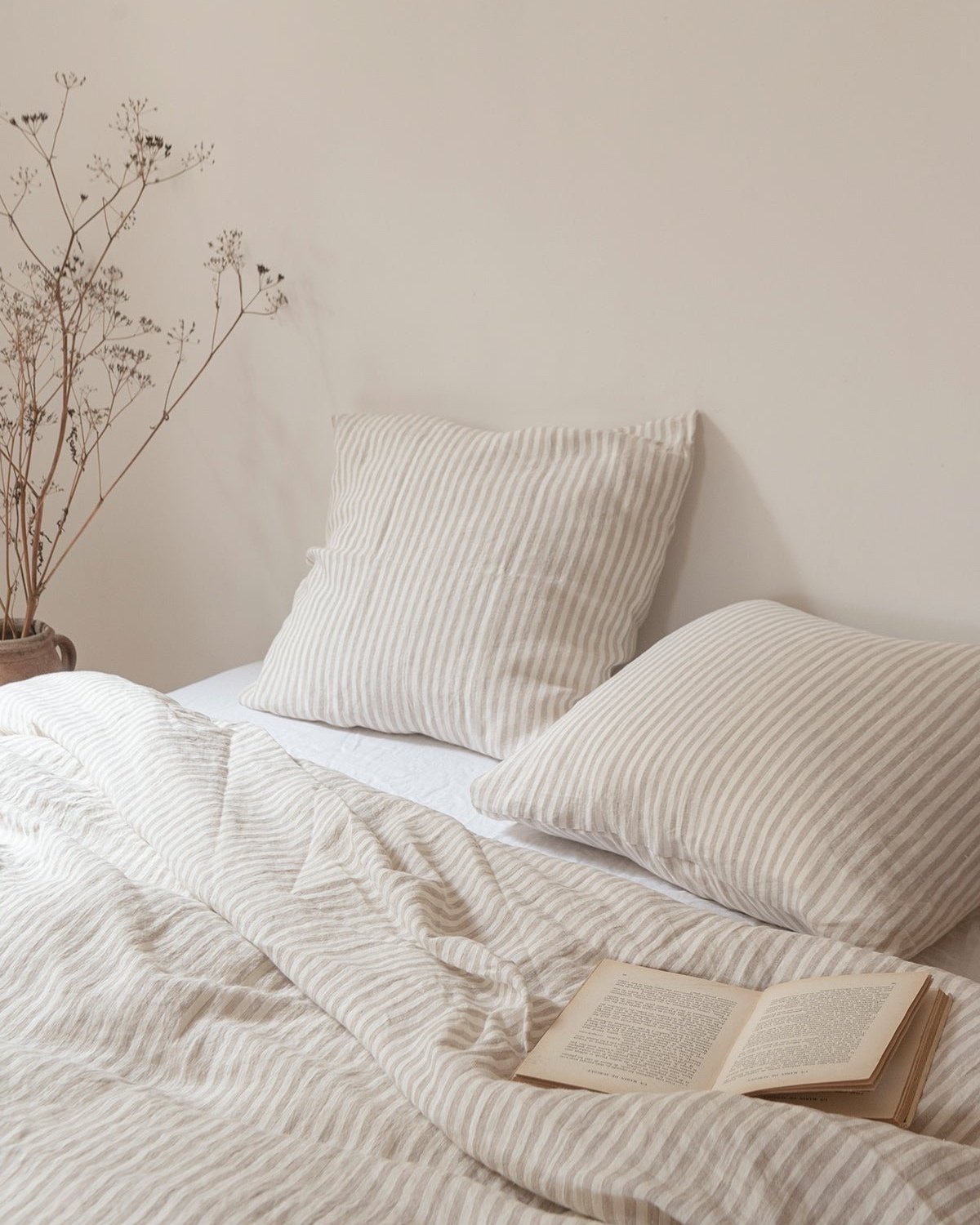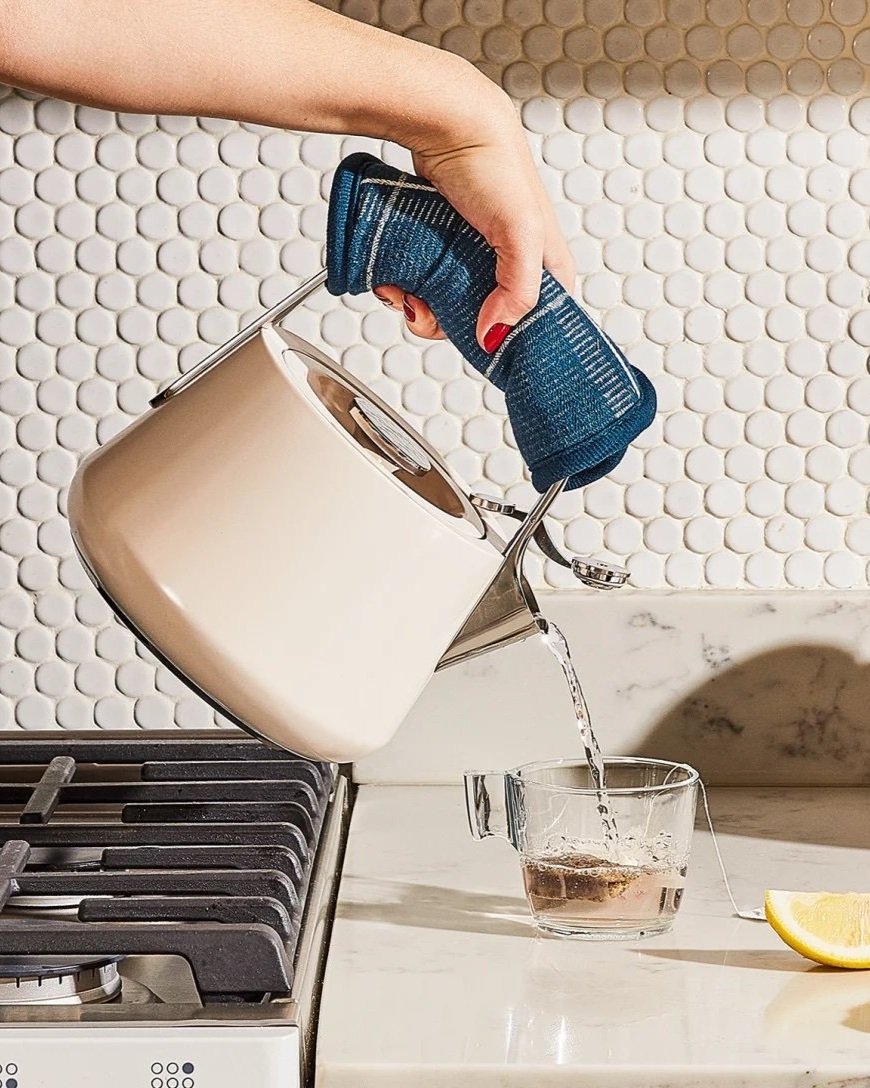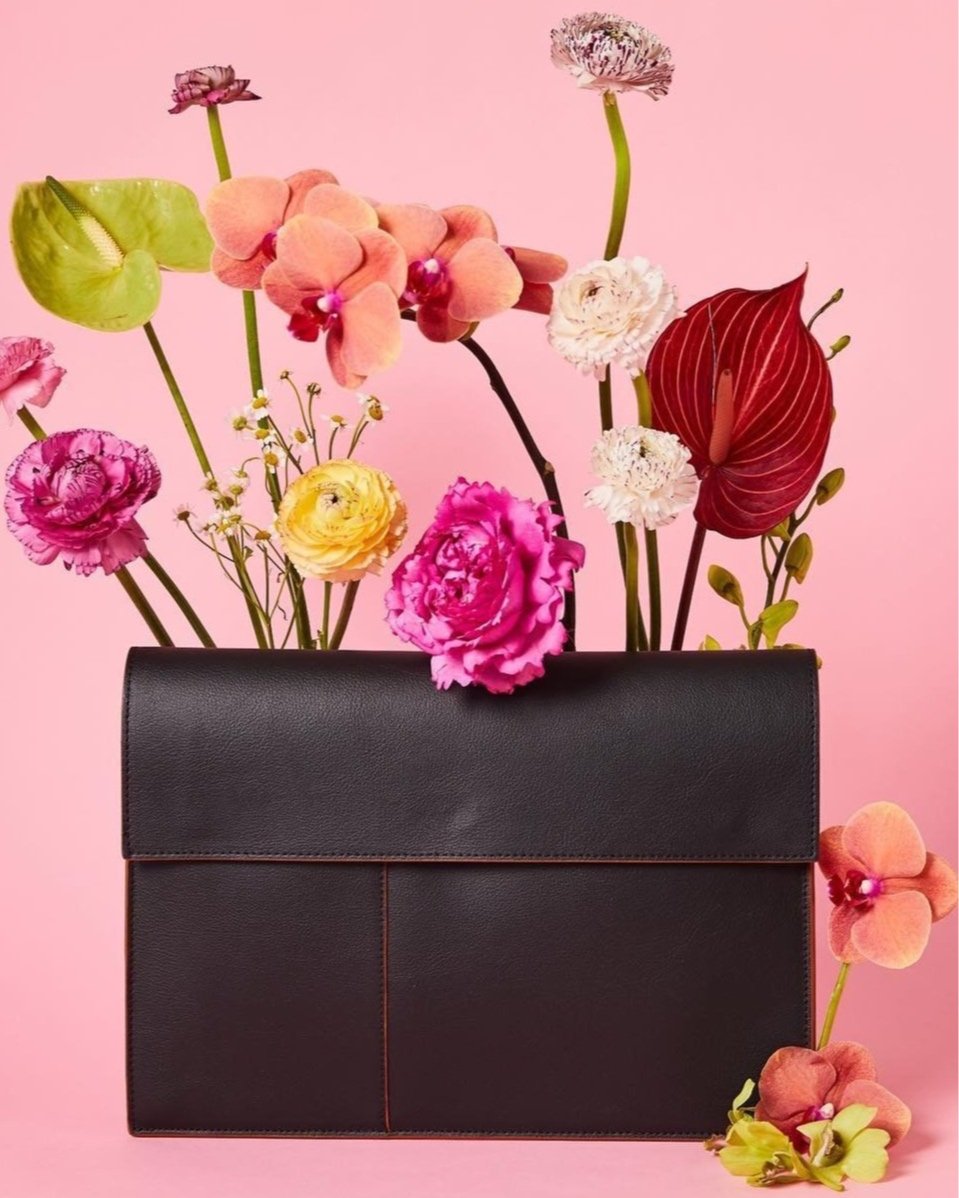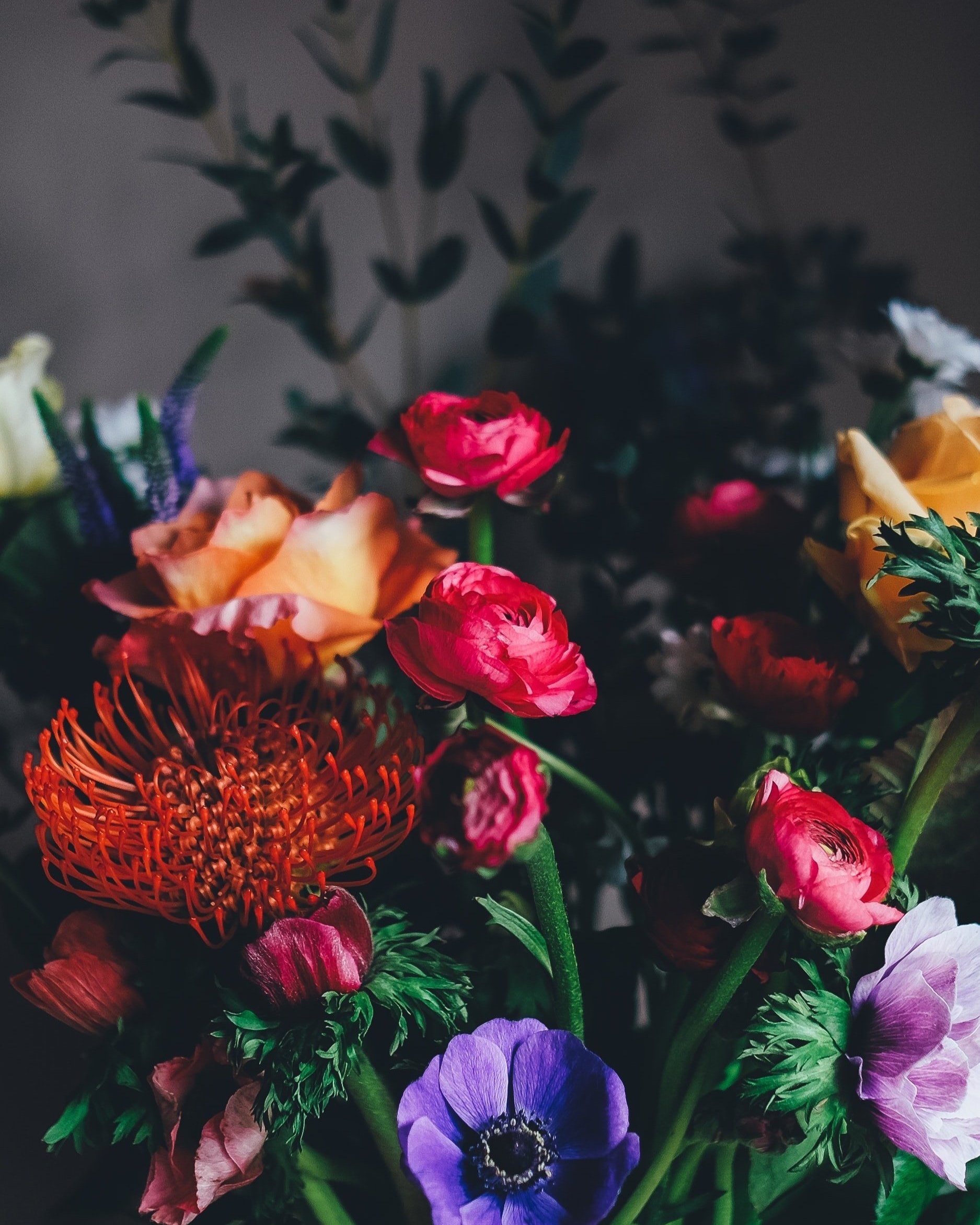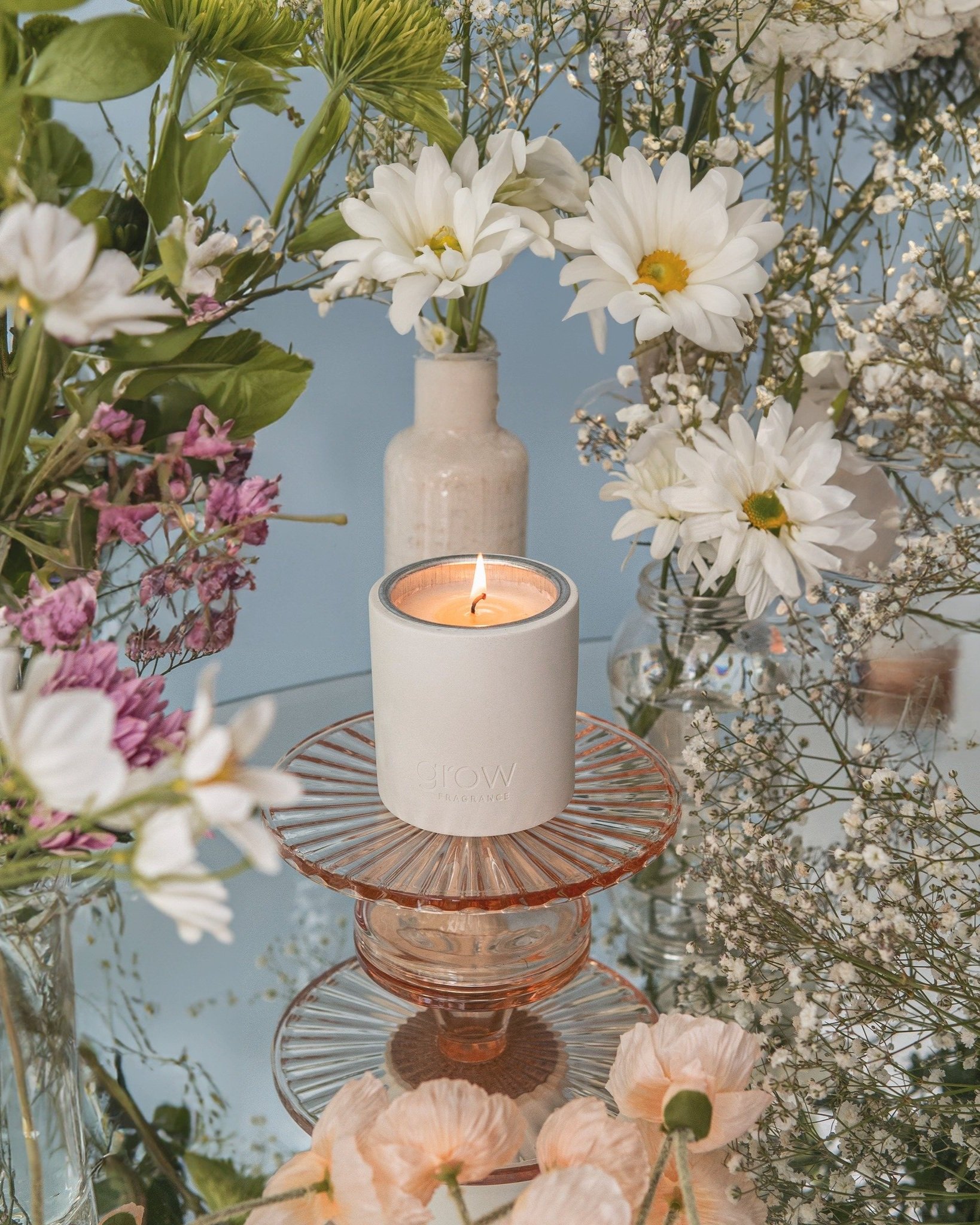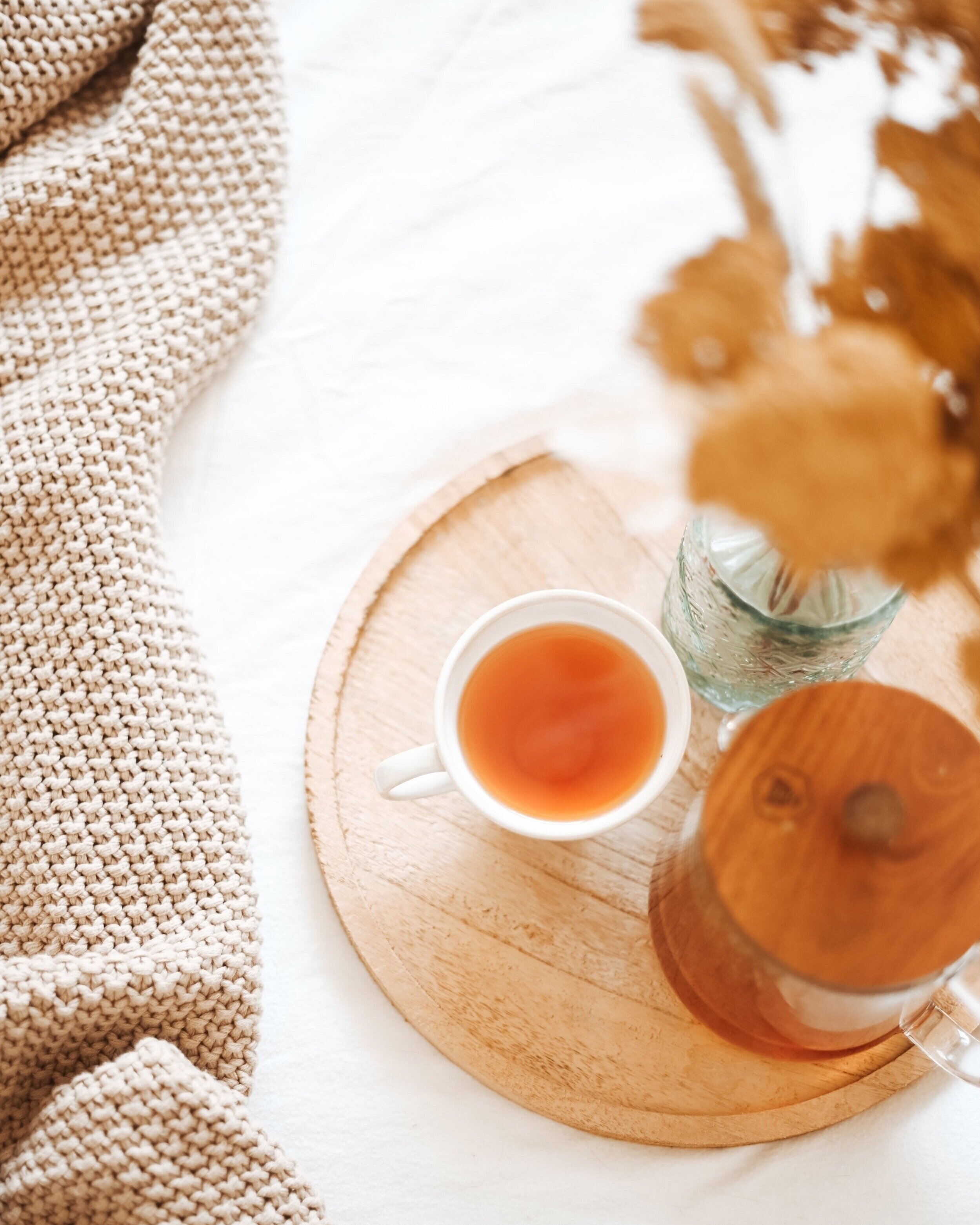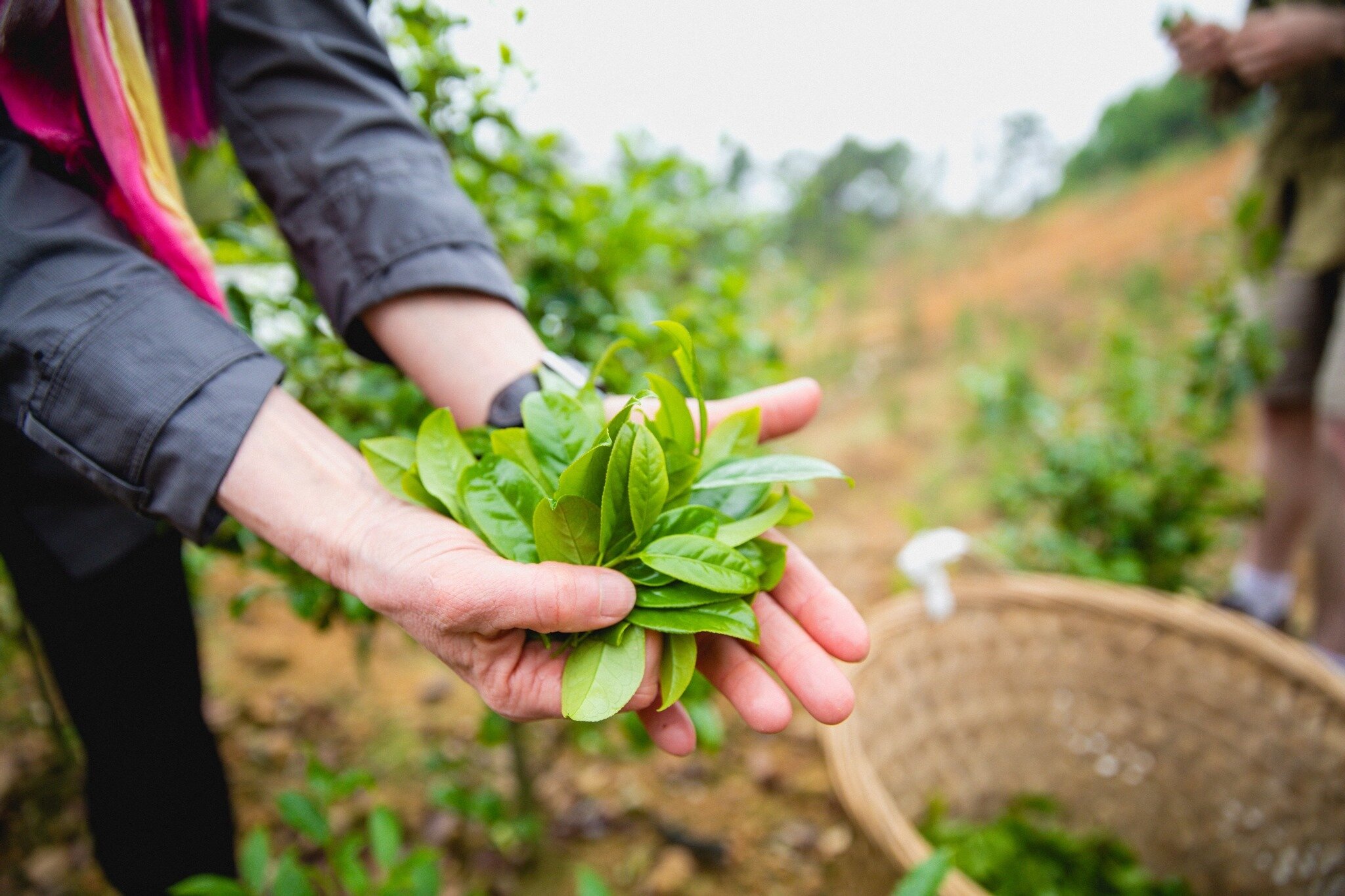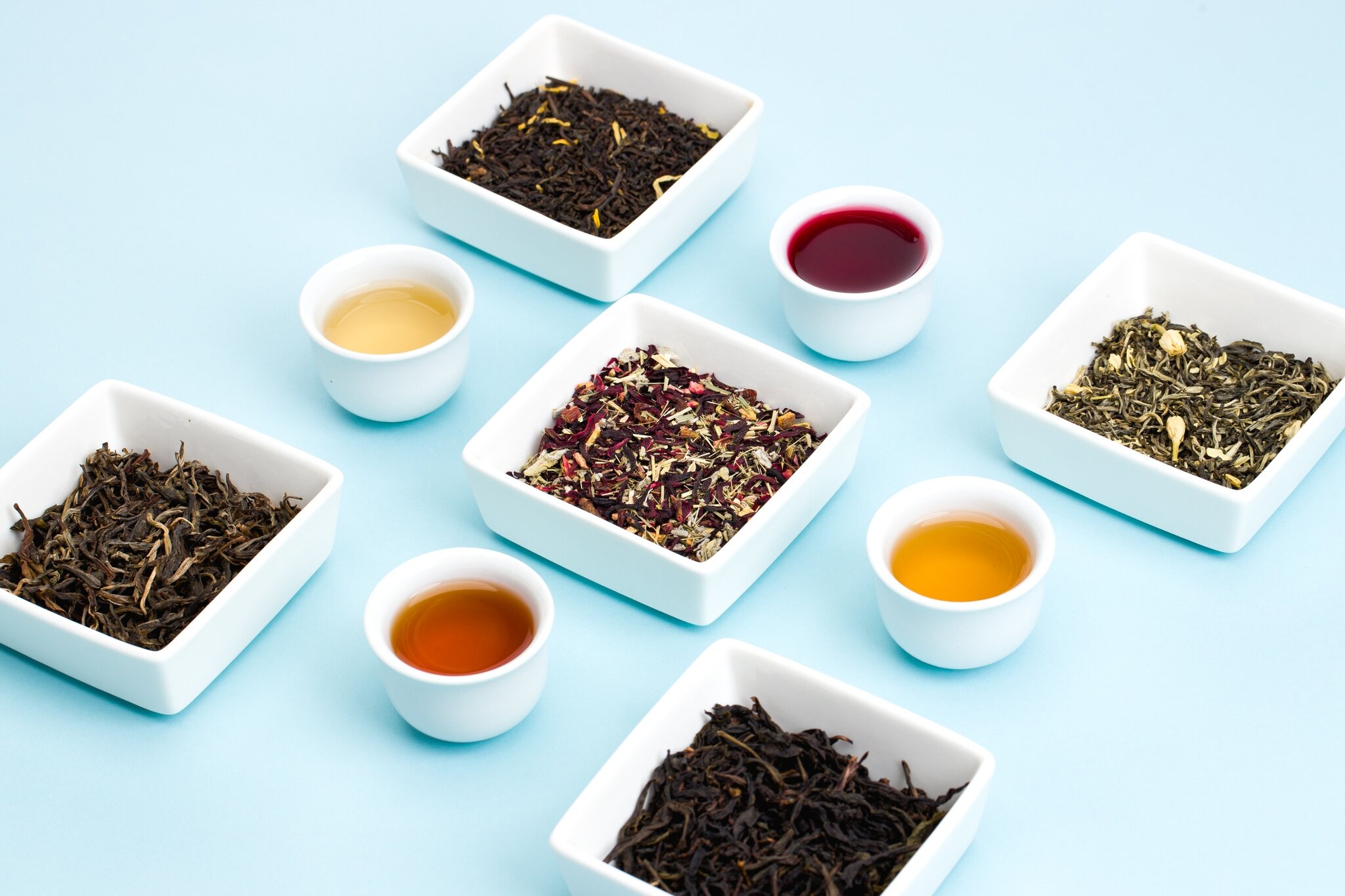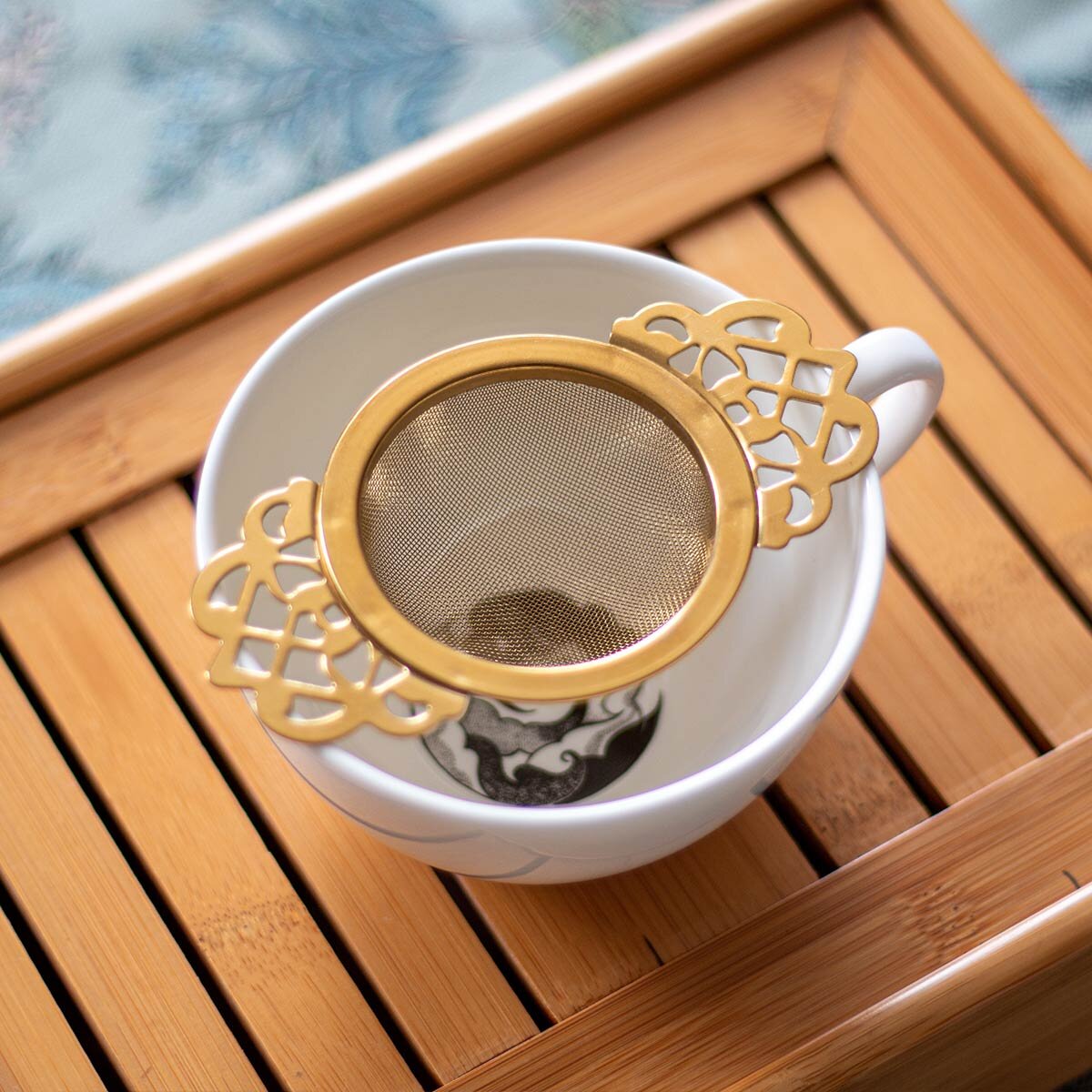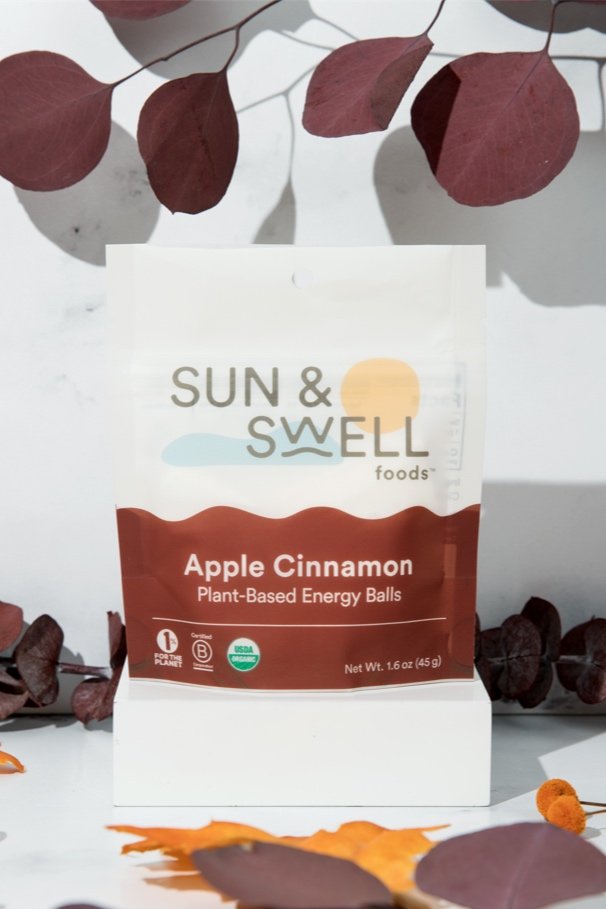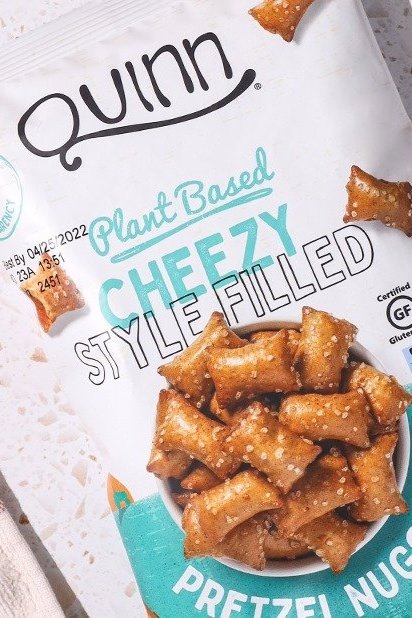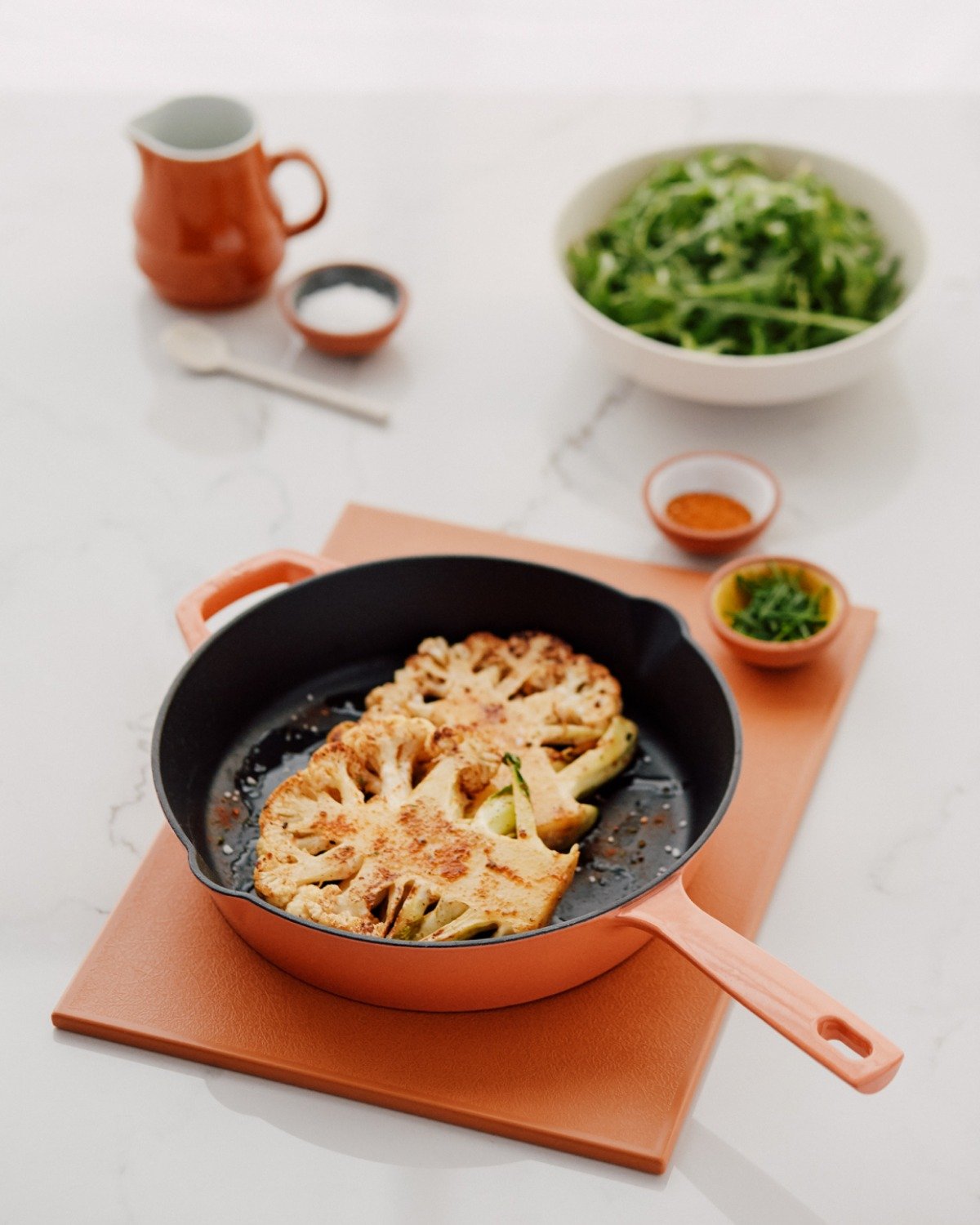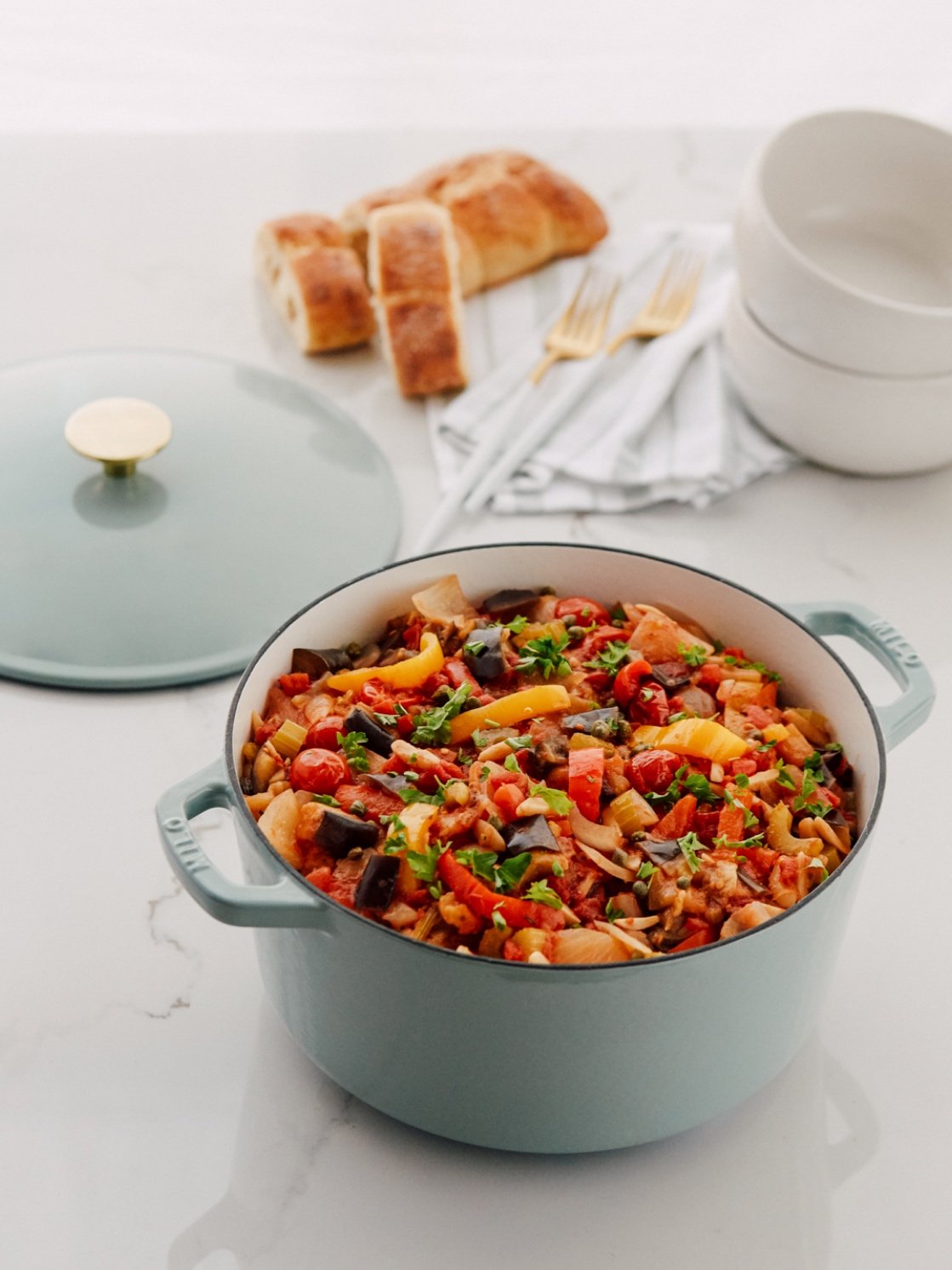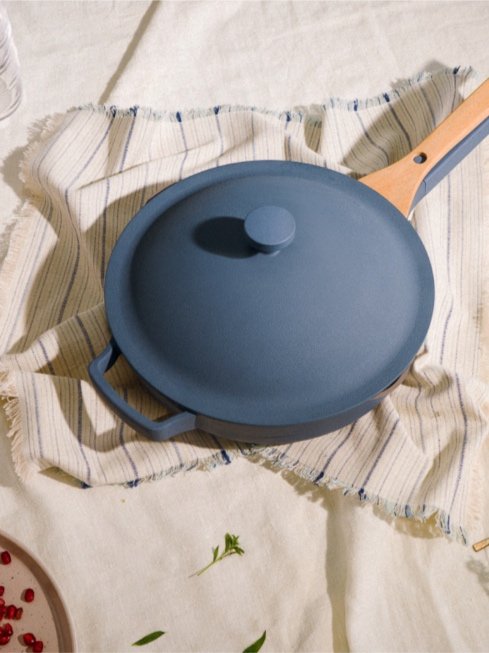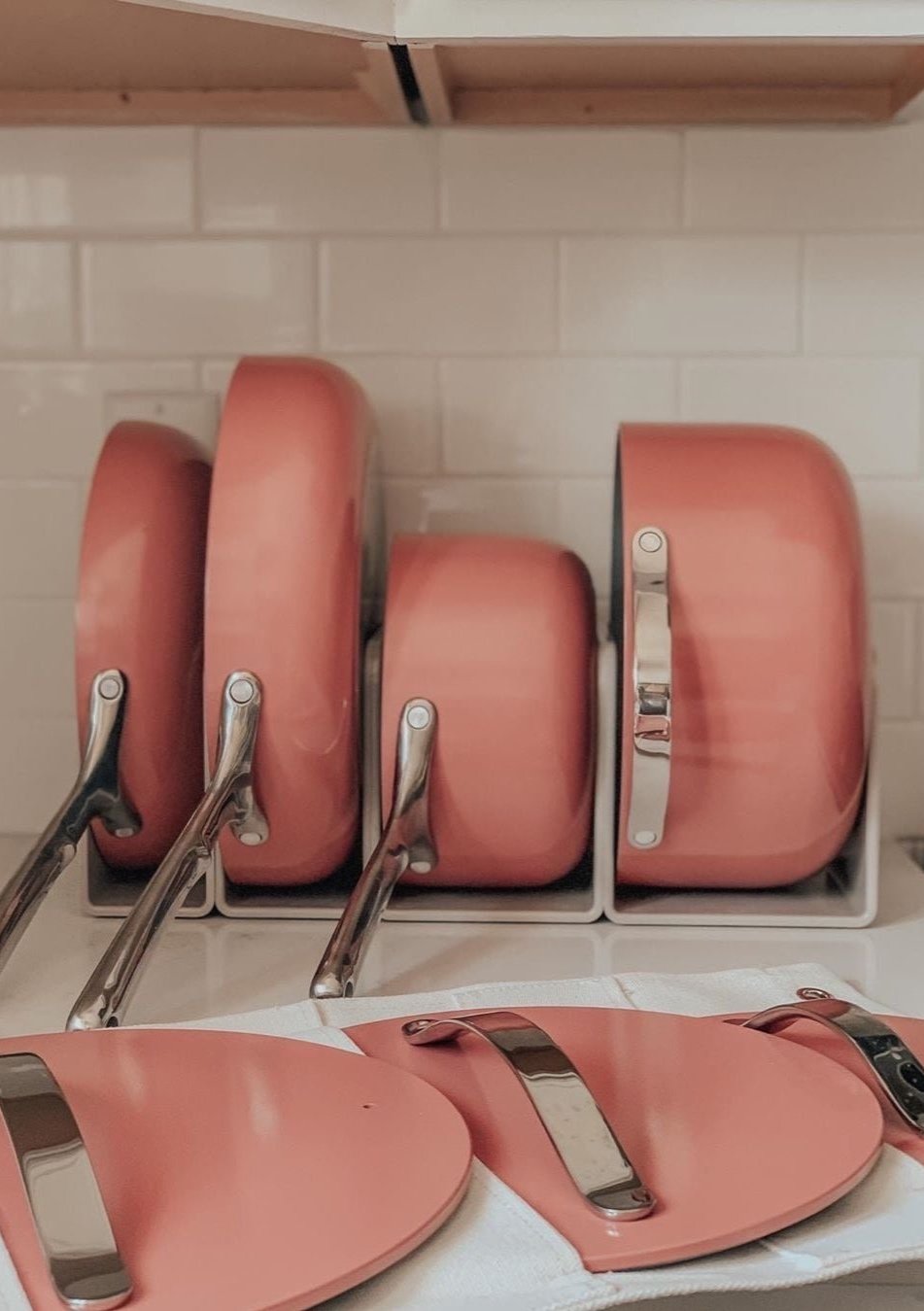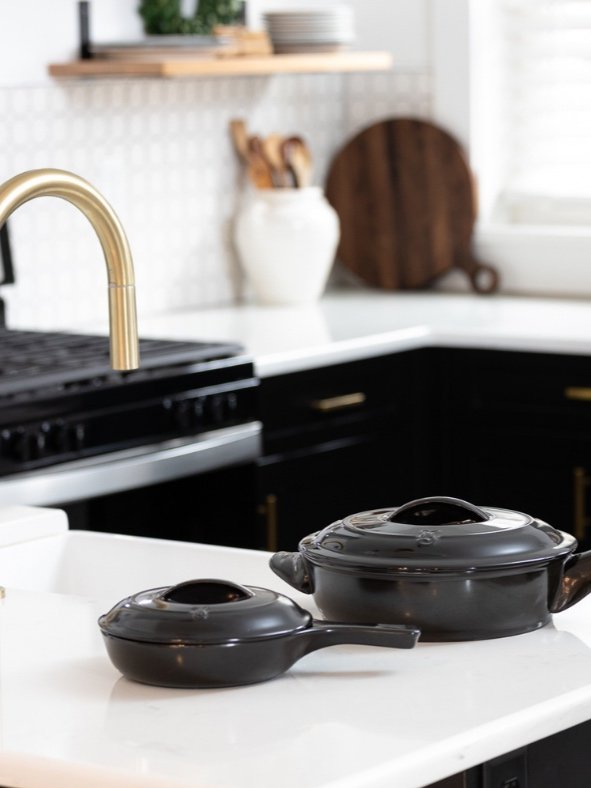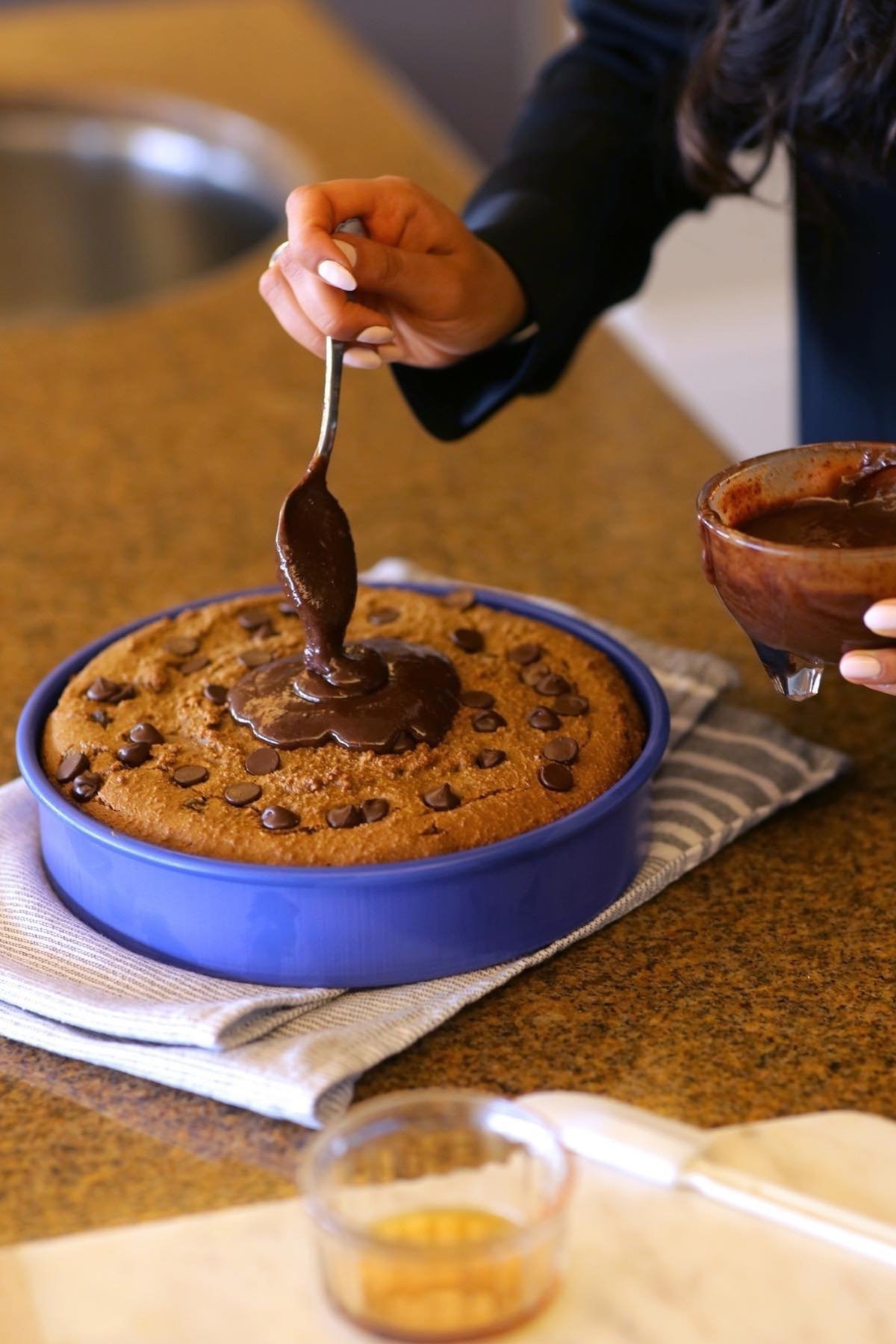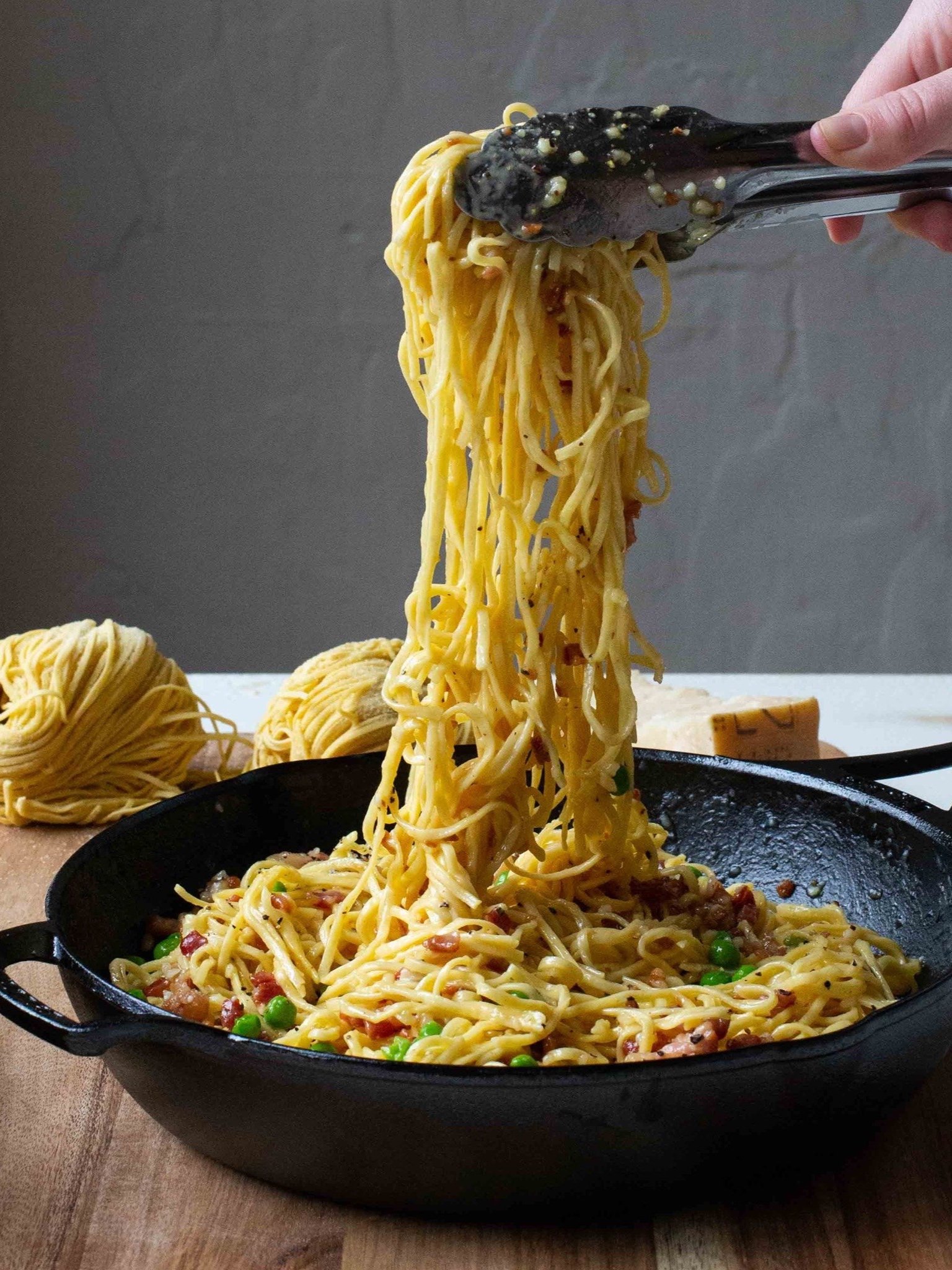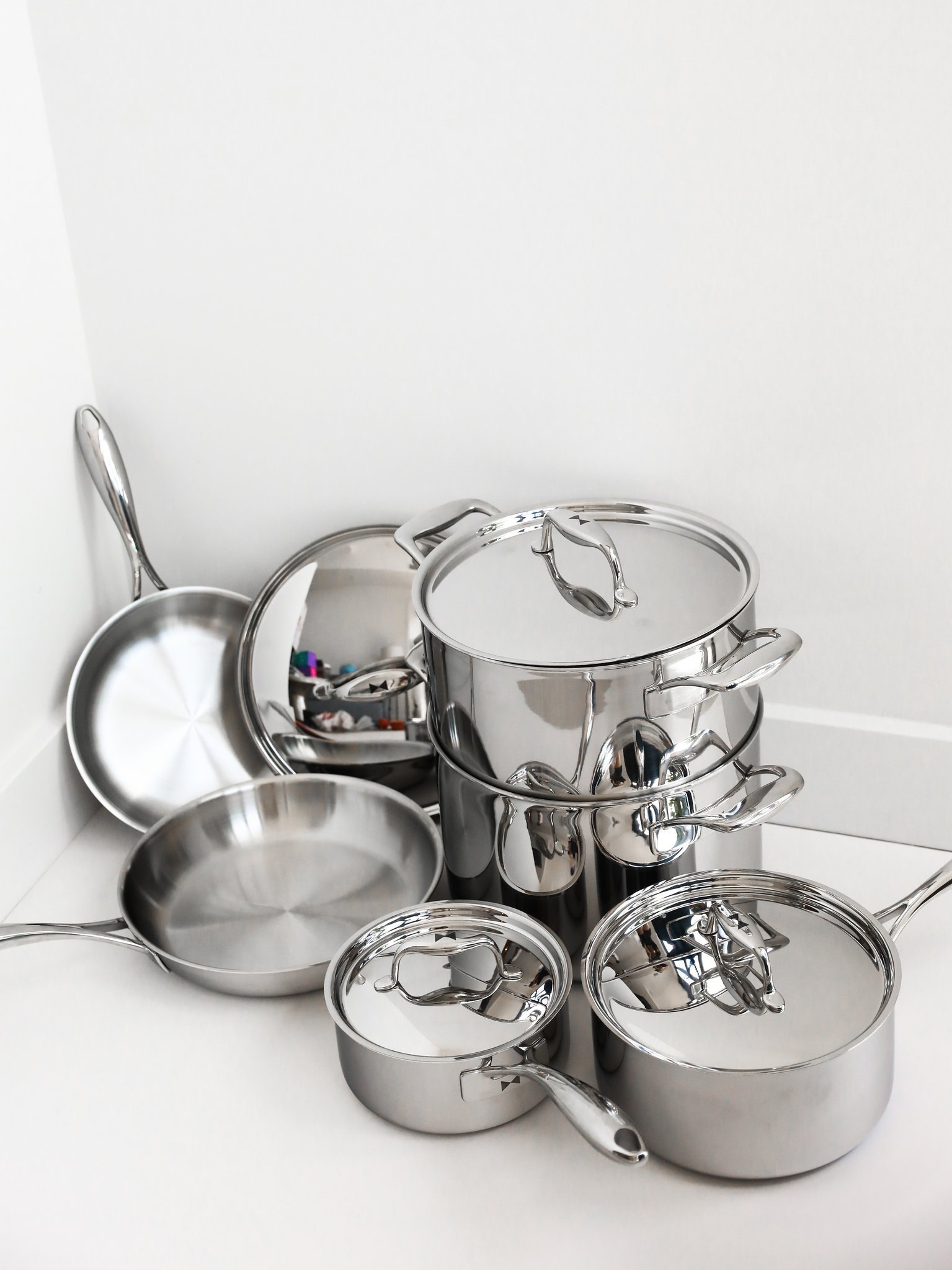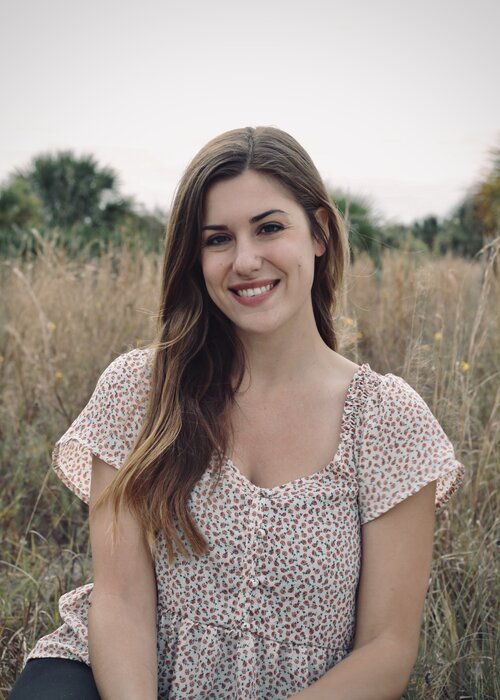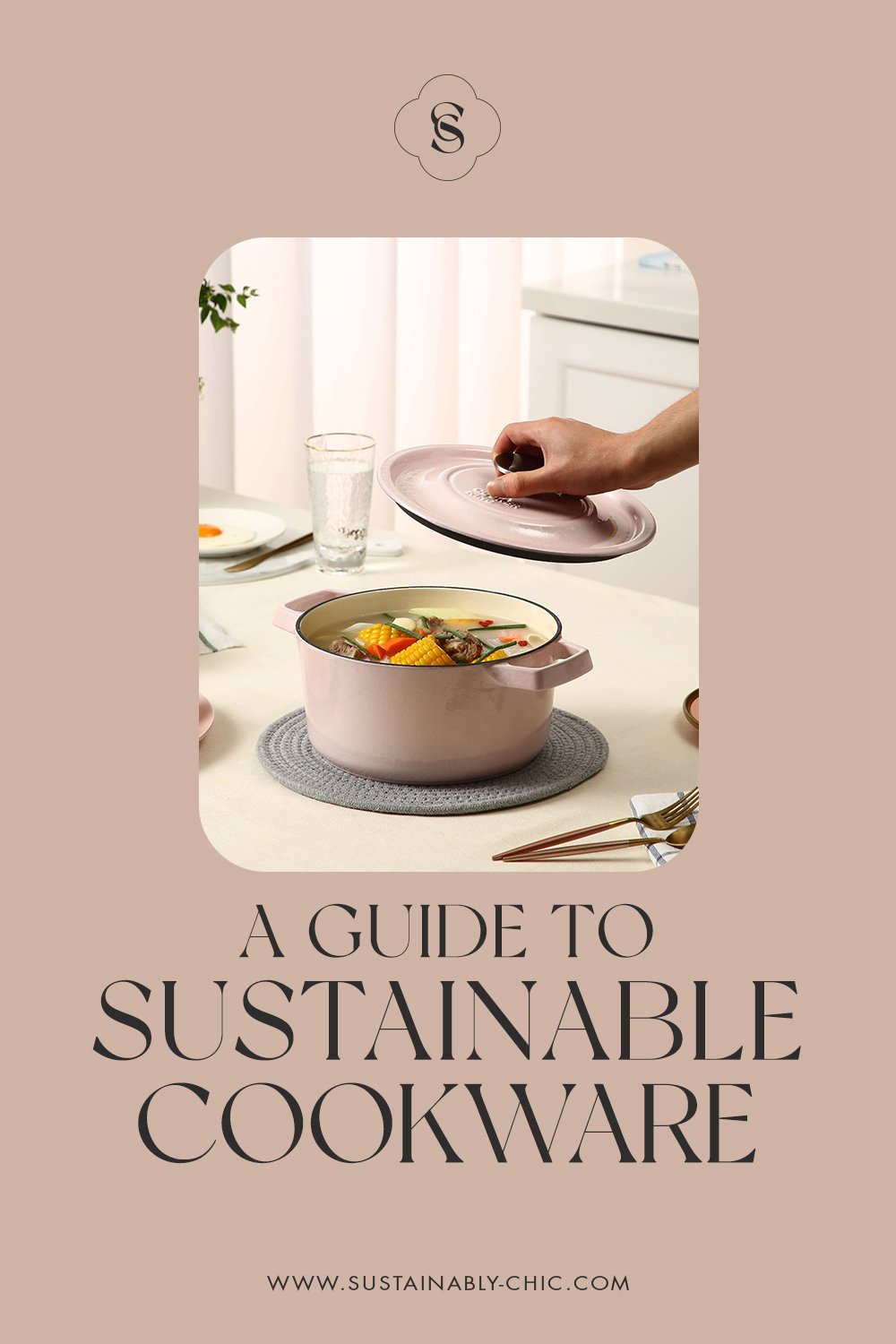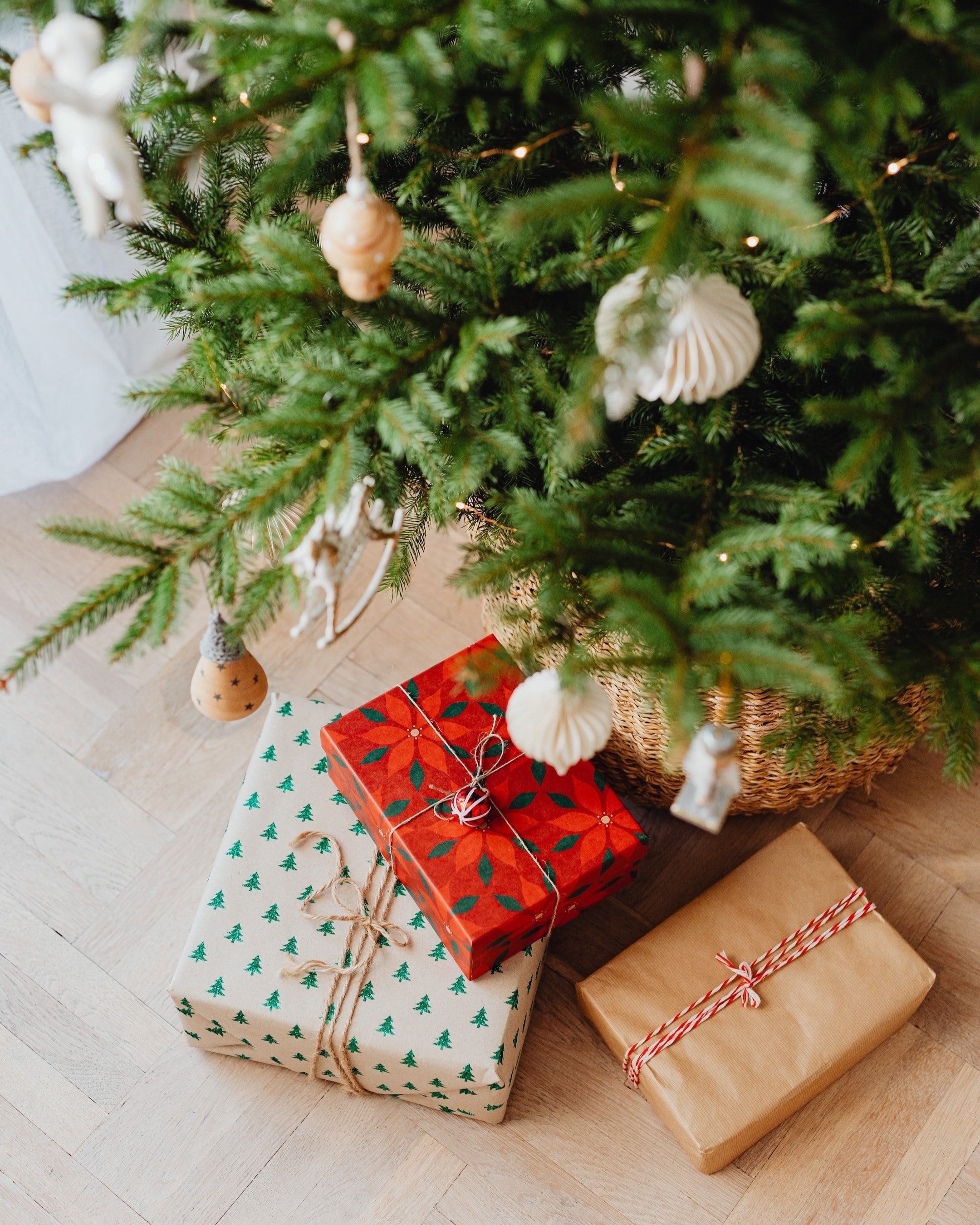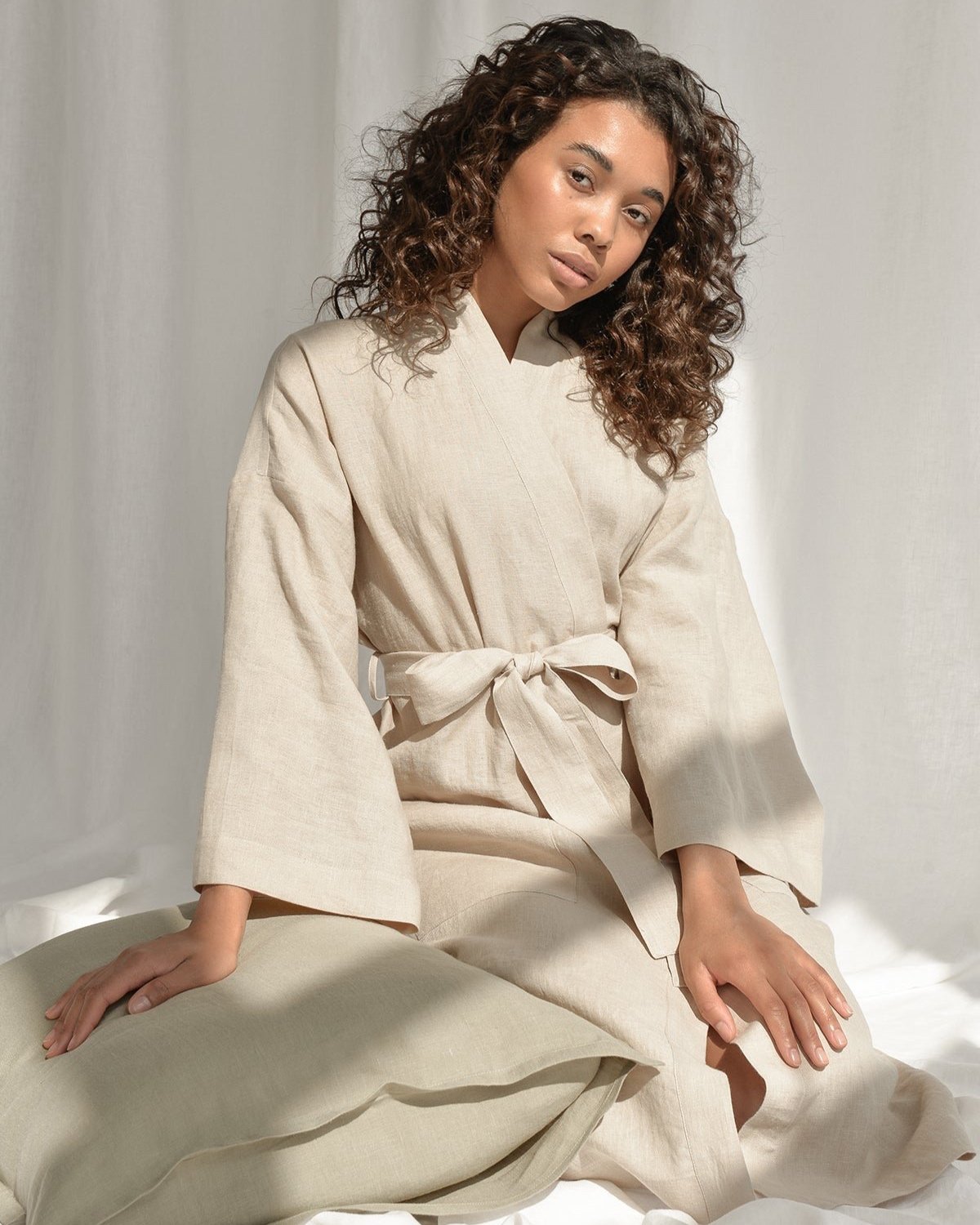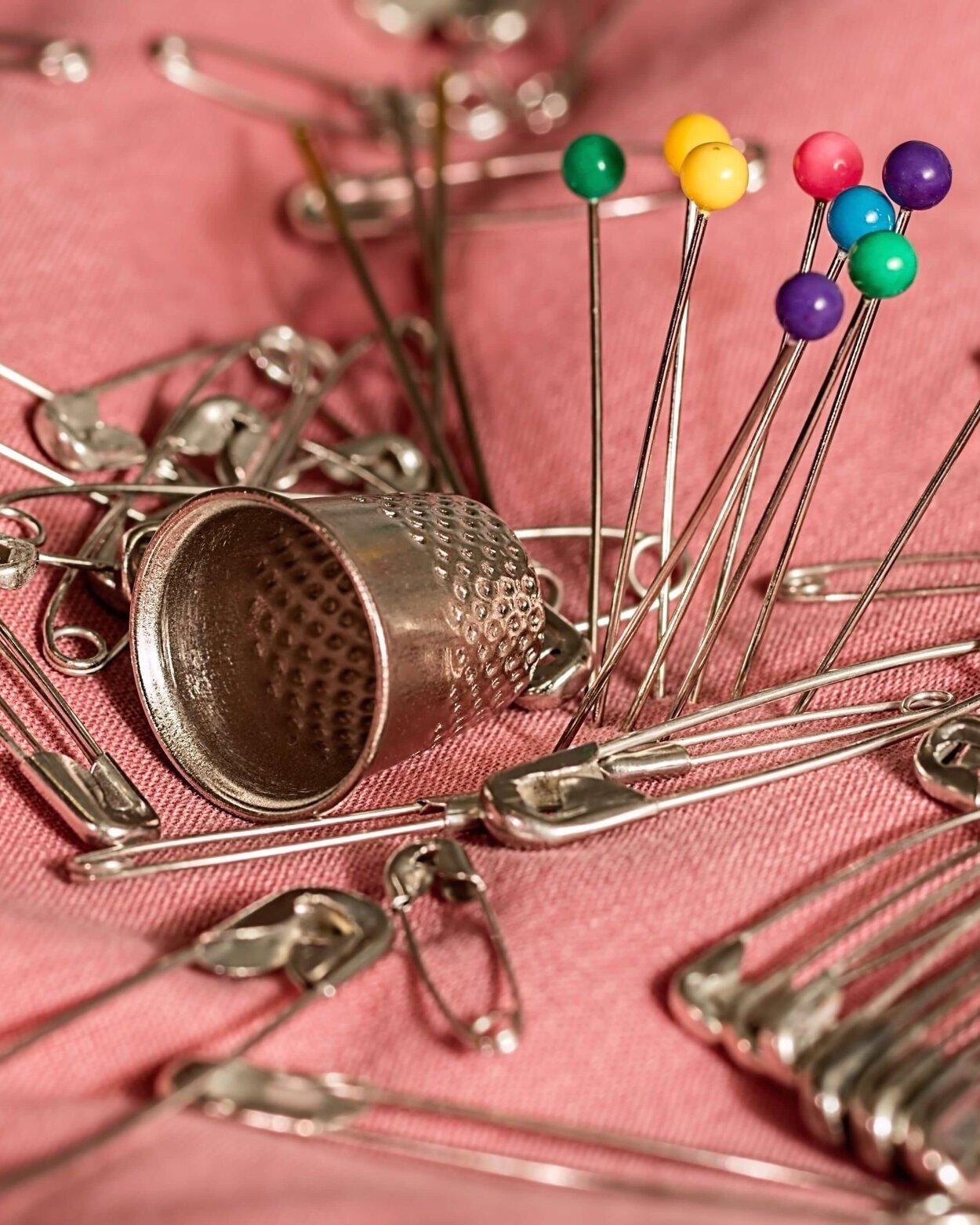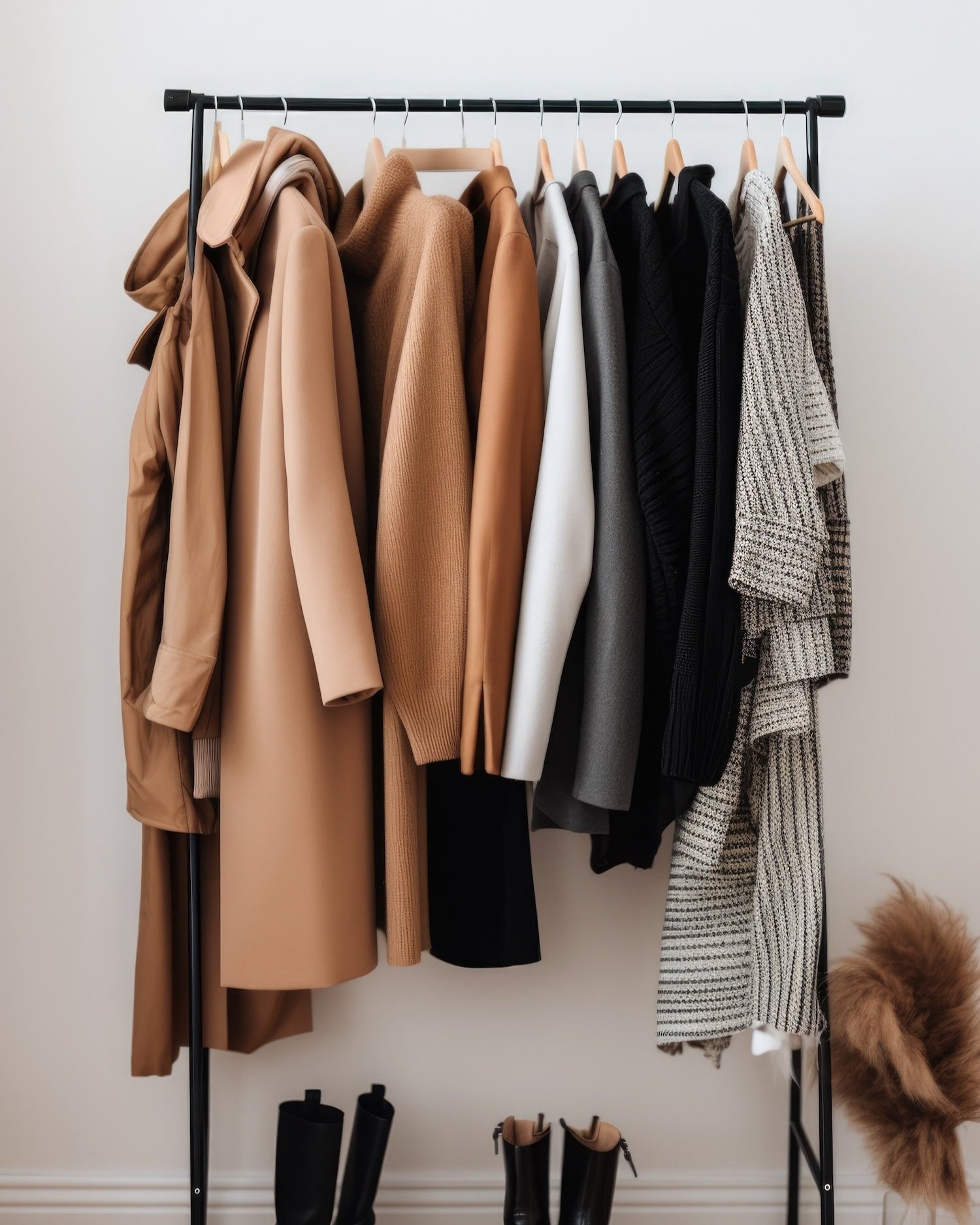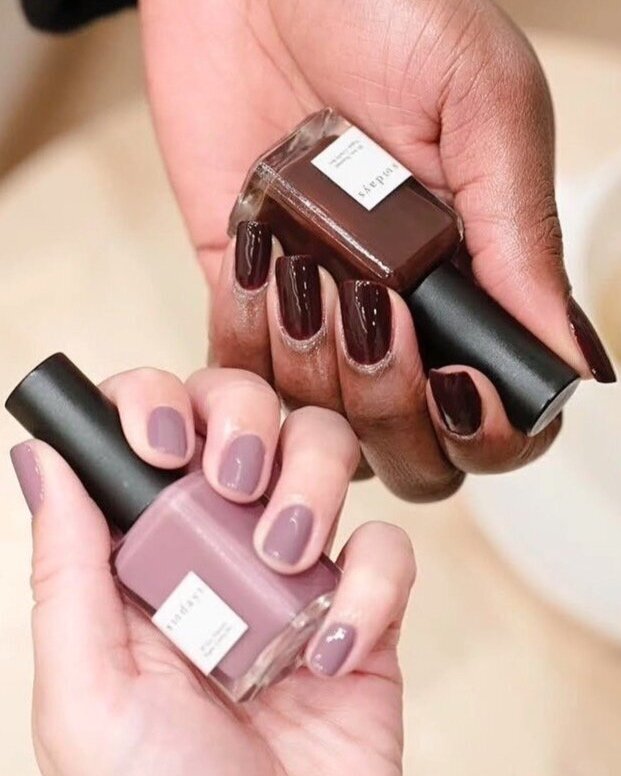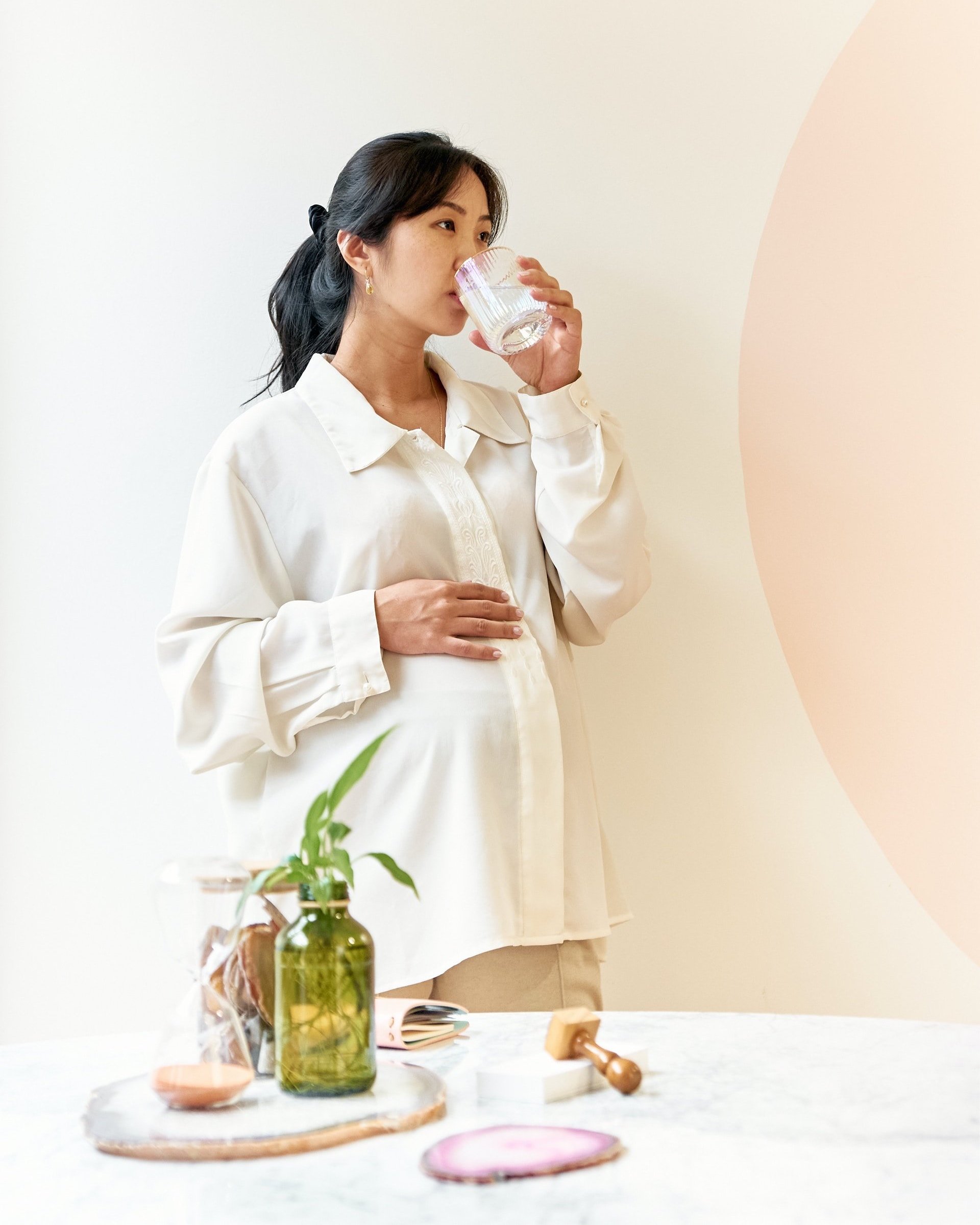Image: Full Circle Home
Disclosure: Some of the links below are affiliated; we may earn a small commission if you click through and make a purchase. This post is also sponsored in part by Earth Breeze. We only ever add brands & products we truly believe in. Thank you for supporting the brands who are making the cleaning industry a better place!
THE BEST Eco-Friendly & SUSTAINABLE CLEANING PRODUCTS
Now that spring is finally here, you probably want to spring clean your home to start the season fresh. However, do not immediately go to the store to stock up on all kinds of conventional cleaning products.
Almost all of them are full of hazardous chemicals that can cause serious and even life-threatening health issues in the long run! They are also incredibly toxic to aquatic ecosystems and the local environment if they end up in waterways and nature.
Conventional cleaning products are also almost always packaged in plastic or are disposable, which contributes to the global waste problem we are facing all around the world.
Thankfully, you can easily stay away from conventional cleaners by choosing healthy, eco-friendly products.
In this article, we have rounded up 17 sustainable cleaning brands selling non-toxic products that will help you have a sparkling clean home. They will become your new partners in grime!
WHAT MAKES CLEANING PRODUCTS SUSTAINABLE & Non-Toxic?
Sustainable & non-toxic cleaning products are above anything else formulated with safe, non-toxic ingredients, all of which have to be disclosed on the brand’s website.
They also come in eco-friendly packaging that can be reused, recycled, or composted. Aluminum, cardboard, or glass are great packaging options, but see if you can also buy product refills to minimize waste. Plus, try not to buy disposable wipes or other single-use products.
If you are looking for sustainable cleaning tools, like brooms or sponges, make sure they are made with eco-friendly materials as well.
Also, consider supporting brands that received third-party certifications, like B Corp, Climate-Neutral, or MADE SAFE.
WHAT ECO-FRIENDLY INGREDIENTS AND MATERIALS SHOULD YOU SEARCH FOR?
Sustainable cleaning products are usually formulated with natural and biodegradable ingredients, such as baking soda, vinegar, essential oils, or other mineral and plant-based components. Make sure the ingredients are listed on the EPA Safer Chemical Ingredients List.
The products should be free of toxic substances like phthalates, phosphates, petroleum-based ingredients, and many others. In general, stay away from cleaners on which you can read “corrosive”, “caution” or any other warning labels.
Sustainable cleaning tools are made with eco-friendly materials, like recycled plastic, sustainably-harvested wood or bamboo, natural rubber, cellulose, or any other types of natural materials.
NOW, OUR TOP PICKS FOR NON-TOXIC, SUSTAINABLE CLEANING PRODUCTS
1. Public Goods
Categories: Laundry Detergents, Fabric Softeners, Dish Soaps, Dishwasher Detergents, Surface Cleaners, Bathroom Cleaners, Glass Cleaners, Cleaning Tools
Price: $3-47
Public Goods has a large selection of cleaning products and cleaning tools, all of which are very affordable.
You can find laundry and dishwasher detergent pods, different kinds of cleaners, fabric softener sheets, liquid dish soap, as well as compostable trash bags, and walnut-based scrubber sponges.
Public Goods even sells organic castile soap, which can be used to clean everything around the home, from clothes to surfaces to dishes!
All the products are formulated with safe, non-toxic ingredients and are free of sulfates, parabens, and other harmful chemicals. The bottles are also made from 100% recycled plastic, every shipment is carbon-neutral, and the brand plants a tree for every order placed.
2. Earth Breeze
Categories: Laundry Detergent
Price: $12-20
Earth Breeze's laundry detergent eco sheets are a fantastic alternative to conventional heavy plastic jug laundry detergents! Those plastics can take hundreds of years to decompose, but Earth Breeze packages its detergent in cardboard (which saves you a load of space, too).
We love that they come in a sheet form because no liquid mess or extra waste is created.
And don't let this small sheet fool you - over 2 million people have switched to this brand because of their performance. Eco Sheets can be used in any machine and are concentrated, premeasured, and low-sudsing. They are also Paraben Free, Vegan & Cruelty-Free, Bleach & Dye Free, Phthalate Free, and Phosphate Free. Plus, each purchase donates 10 loads to those in need - over 100 million loads have been donated so far!
Choose from either a Fresh Scent or Unscented, along with how many packages you need a month, and rest easy knowing you won't need to make an unnecessary run to the store for detergent!
3. Meliora
Categories: Cleaning Scrubs, Laundry Powders, Hand Soaps, Bleach Alternatives, All-Purpose Cleaning Sprays, Dish Soaps, Stain Removers, Rags
Price: $5-400
Meliora sells sustainable home cleaning and laundry products, all of which are Leaping-Bunny certified. The company formulates its products using only a short list of natural ingredients, such as baking soda, soap made from organic coconut and sunflower oil, sodium percarbonate, washing soda, organic essential oils, and glycerin produced as a byproduct of soapmaking.
Meliora offers all-purpose cleaners, dish soaps, laundry powders, bleach alternatives, and even rags made from repurposed organic cotton diapers.
The brand is a B Corporation and a member of 1% For The Planet, and all its products are MADE SAFE certified and rated A by the Environmental Working Group.
Meliora also uses compostable or recyclable packaging, and you can even buy some products in bulk in a bucket that you can ship back (for free) for it to be reused.
use code SUSTAINABLYCHIC for 10% off your purchase
4. Blueland
Categories: Multi-Surface Cleaners, Hand Soaps, Dishwasher Tablets, Laundry Detergent Tablets, Toilet Bowl Cleaners, Sponges, Cloths
Price: $7-89
Blueland is on a mission to reinvent household products to end single-use plastic waste. Its products are all refillable, which means that you buy the bottle once and you then only need to purchase the refills. It offers different types of cleaners, powder dish soap, laundry detergent tablets, dishwasher tablets, and foaming hand soap.
All of them are formulated without water, so each product is lighter and smaller, which significantly reduces the environmental impact of shipping!
Blueland only uses ingredients that are on the EPA Safer Chemical Ingredients List, and all of them are vegan and cruelty-free.
The brand is also Climate-Neutral and B Corp certified, and all its products and packaging received the Cradle To Cradle certification.
5. Green Eco Dream
Categories: Dishwashing Products, Laundry Detergents, All-Purpose Cleaners, Bleach Alternatives, Cleaning Tools
Price: $5-95
Green Eco Dream is a sustainable marketplace with all kinds of zero-waste essentials. It carries many eco-friendly brands and their cleaning products. You can buy anything from all-purpose cleaners, laundry detergent sheets, solid dish blocks, sustainable bleach alternatives, and many more.
You can also stock up on some practical cleaning tools, like reusable paper towels, bamboo brushes, latex gloves, compostable trash bags, and sponges. Green Eco Dream even sells a microfiber-catching laundry ball made from recycled plastic!
The shop is a member of the Sierra Club and 1% For The Planet, and it is carbon-neutral and a Green America-certified business. It also ships its products without plastic and regularly supports the non-profit Clean Miami Beach!
use code SUSTAINABLYCHIC10 for 10% off your purchase
6. Dropps
Categories: Laundry Detergents, Fabric Softeners, Dishwasher Detergents, Dish Sprays, Air & Fabric Fresheners, Hand Soaps, Cleaning Tools
Price: $8-84
Dropps is one of the best zero-waste cleaning brands you can find! It has everything you may need, from different laundry detergents to dish sprays to all kinds of cleaning tools.
Its detergents are encased in a water-soluble pod that dissolves upon contact with water.
Their ultra-concentrated formulas are completely free of harmful ingredients and are formulated with plant and mineral-based ingredients.
Dropps discloses all its ingredients, so you know exactly what you are buying!
The brand even sells all-natural cellulose sponges, Swedish dishcloths made from FSC-certified cellulose and repurposed cotton, wool dryer balls, and different kitchen brushes made of bamboo, sisal, and coconut fibers.
Dropps is also a certified B Corp, and it offers carbon-neutral shipping using plastic-free packaging.
7. Plastno
Categories: Trash Bags
Price: $18 for 30 Tall Bags
If we already say no to plastic straws and cups, why not trash bags, too? Plastno makes it simple to 'just say no' with super strong, fully biodegradable garbage bags for our home. Put simply, their compostable trash bags are made from plant-based materials that break down naturally in weeks. The best part is they're just as tough as regular old trash bags, just without the plastic.
8. Tru Earth
Categories: Laundry Detergents, Fabric Softeners, Dishwasher Detergent Tablets, Multi-Surface Cleaners, Toilet Bowl Cleaners, Cleaning Tools
Price: $10-164
Tru Earth is an eco-friendly laundry detergent brand selling ultra-concentrated laundry detergent sheets. These are free of parabens, phosphates, added dyes, bleach, and other toxic chemicals. You can choose between different scents, and it even has laundry sheets specially formulated for baby clothes!
The strips are biodegradable and dissolve quickly in both cold and hot water.
Tru Earth also offers dishwasher detergent tablets, toilet bowl cleaners, multi-surface cleaners, as well as compostable sponges and dishcloths.
The formulas are 100% vegan and cruelty-free, and you can find a list of all the ingredients used on the company’s website.
The strips are shipped in a recyclable cardboard sleeve, and so far, Tru Earth has donated over 21 million laundry strips to food banks and people in need!
9. Grove Collaborative
Categories: Dish Soaps, Multi-Purpose Cleaners, Toilet Cleaners, Hand Soaps, Laundry Detergents, Floor Cleaners, Bathroom Cleaners, Stain Remover Sprays, Cleaning Tools
Price: $2-90
Grove Collaborative has a huge selection of non-toxic household products, including approximately 300 cleaning products and tools from various sustainable brands. All the products are ethically produced, cruelty-free, and healthy to use!
The company makes sure to only sell products made with plant-based formulas. They only contain essential oils and other botanical-based ingredients, all of which are disclosed on the website.
From floor cleaners to dish soaps, you can find everything you may need for a sparkling clean home. Grove Collaborative even has eco-friendly toilet brushes, sponges, dishcloths, as well as trash bags made from 100% recycled plastic.
The company is also B Corp certified, and every shipment is carbon-neutral!
10. Zero Waste Store
Categories: Dishwashing Soaps, Laundry Products, Cleaning Sprays and Powders, Hand Soaps, Stone Cleaners, Cleaning Tools
Price: $4-73
Zero Waste Store is a one-stop shop for every zero-waste swap you may need! It carries many sustainable brands, including some selling all-natural cleaning products.
You can choose between many laundry products including laundry detergent sheets, liquid laundry soap or detergent, laundry paste, and stain remover sticks.
The company also sells many cleaning sprays and powders, hand soaps, and dishwashing liquid and solid soaps. It even has a granite disinfectant and many cleaning tools, such as brushes, sponges, Swedish dishcloths, scourers made from coconut waste, and washable mop covers.
Zero Waste Store is a member of 1% For The Planet, and it ships everything in plastic-free packaging. It also regularly supports and makes donations to wildlife and conservation groups.
11. Kind Laundry
Categories: Laundry Detergents, Stain Removers, Dryer Balls
Price: $6-20
Kind Laundry sells eco-friendly, plant-derived laundry detergent strips as an alternative to traditional powder and liquid detergents.
Both the fragrance-free and scented versions are only formulated with a few simple ingredients, all of which are non-toxic and disclosed on the website!
The strips are pre-cut and pre-measured so you know exactly how much to use per load of laundry, and they work in all water temperatures.
Kind Laundry also has a vegan stain remover bar that is ideal to remove all types of stains, from coffee to tomato sauce. If you have a tumble dryer, get your hands on the brand’s 100% pure wool dryer balls: they will reduce the drying time by up to 25%, which will save energy!
12. Full Circle Home
Categories: Cleaning Tools & Accessories
Price: $4-130
Among all the cleaning brands on this list, this one has the largest and most complete selection of cleaning tools and accessories!
Full Circle Home is a certified B Corporation making practical and aesthetically pleasing home care products using long-lasting, sustainable materials.
You get to choose from many products made of bamboo and recycled plastic, including dusters and mops with a washable head, dustpans and brushes, brooms, and even a pivoting squeegee.
Full Circle Home also sells absorbent cleaning cloths made from bamboo or post-production recycled fibers, dish brushes, compostable trash bags, sponges and scrubbers made from recycled plastic or coconut husks, a recycled pan scraper, and latex cleaning gloves.
For every ounce of plastic the brand uses, it collects the same amount from waterways and recycles it in partnership with Plastic Bank.
13. Cleancult
Categories: Dish Soaps, All-Purpose Cleaners, Hand Soaps, Laundry Detergents, Dishwasher Tablets
Price: $6-65
Cleancult is a sustainable cleaning brand that has created a smart refill system for cleaning products.
From all-purpose cleaners to laundry detergents, all of its refills are sold in FSC-certified paper-based cartons that are 100% recyclable.
The formulas are free of toxic substances like phthalates, petroleum-based ingredients, phosphates, dyes, SLES, and SLS.
All the products are also cruelty-free and Leaping-Bunny certified, and you can choose between different all-natural scents that will remind you of nature.
If you do not already have a spray bottle at home, Cleancult sells several kinds of reusable, shatter-resistant glass bottles with a protective silicone base to prevent them from breaking.
14. No Tox Life
Categories: Dish Soaps, Kitchen Brushes, Sponges
Price: $6-46
No Tox Life is a small family-run business selling vegan body care and home cleaning products.
The brand has a concentrated solid dishwashing soap that efficiently cleans grime and grease on your dishes and kitchen surfaces. You can also use it to clean other areas of your home or to take stains out of laundry.
The dish soap is formulated with biodegradable ingredients (without artificial fragrance), all of which are disclosed on the product’s page.
No Tox Life also sells different cleaning tools like bamboo dish brushes with replacement heads and machine-washable Nordic dish sponges that are 100% home-compostable. It even has a vegetable cleaning brush made from bamboo and agave fibers.
The brand produces everything in small batches and ships its products in plastic-free packaging.
15. If You Care
Categories: Dishwasher Tablets, Cleaning Tools & Accessories
Price: $5-20
If You Care creates sustainable kitchen and cleaning essentials for the eco-friendly home.
It has non-toxic dishwasher tablets formulated with a blend of mineral and plant-derived ingredients.
These are biodegradable and completely free of phosphates and chlorine.
You can also buy cleaning gloves made of FSC-certified latex, compostable sponge cloths, reusable paper towels, and different sizes of compostable trash bags produced from non-GMO potato starch.
If You Care even has beautiful dish towels crafted in small batches from reclaimed surplus fabrics!
The brand uses unbleached recycled cardboard or paper packaging for all its products. It also received the Green Seal certification for its commitment to creating sustainable and healthy products.
16. Lovett Sundries
Categories: Cleaning Sprays, Laundry Soaps, Dishwasher Powders, Dish Soaps, Air & Fabric Fresheners, Cast Iron Cleaners
Price: $9-20
Lovett Sundries is a family-owned brand making affordable personal care and home cleaning products, all of which are handcrafted in small batches. The company sells several cleaning products, including a countertop spray, an unscented laundry soap, dishwasher powder, a solid dish soap, and an air and fabric freshener made with lavender essential oil.
It even has a cast iron conditioner and a wooden cast iron scraper that you can use to clean and scrub your cast iron pans!
Lovett Sundries formulates all of these products with no more than four simple, all-natural ingredients. They are packaged in recycled kraft paper boxes, aluminum, and glass; the only plastic bits are the small spray pumps!
use code SUSTAINABLYCHIC for 10% off your order
17. Bestowed Essentials
Categories: Laundry Detergent Powder, Dish Soap, Stain Remover Stick
Price: $5-16
Bestowed Essentials sells vegan home and body products that are all ethically handmade in the United States. It offers three cleaning products, all of which contain no more than six simple, natural ingredients. For instance, the brand’s non-toxic laundry powder is only made with baking soda, washing soda, and sodium percarbonate. Yet, it cleans your clothes very efficiently!
You can also buy Bestowed Essentials’ solid dish soap for your dishwashing routine, or its stain remover stick to eliminate all types of stains from your clothes!
The brand never tests on animals, and its products are either sold in plastic-free packaging or unpackaged. Bestowed Essentials also offers carbon-neutral shipping, and it regularly supports local non-profit organizations.
About the Author
Eva Astoul is a French freelance writer, specializing in content related to sustainability, simple living, and a growth-focused healthy lifestyle. She runs her own blog, Green With Less, to inspire people to live a more minimalist and sustainable life.
MAKE SURE TO PIN THE PHOTO BELOW TO SAVE THIS POST FOR LATER!
WANT MORE SUSTAINABLE BRANDS? VISIT OUR BRAND DIRECTORY!
Our Brand Directory is home to hundreds of sustainable brands, from makeup to cleaning supplies, from underwear to shoes. We have broken everything down by category for easy shopping, along with discount codes unique to Sustainably Chic viewers.

